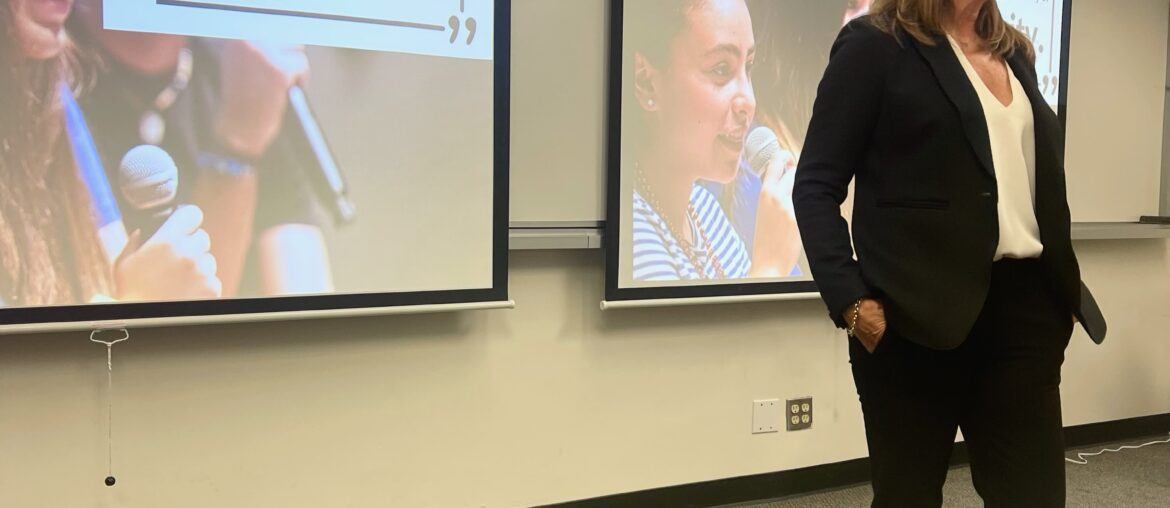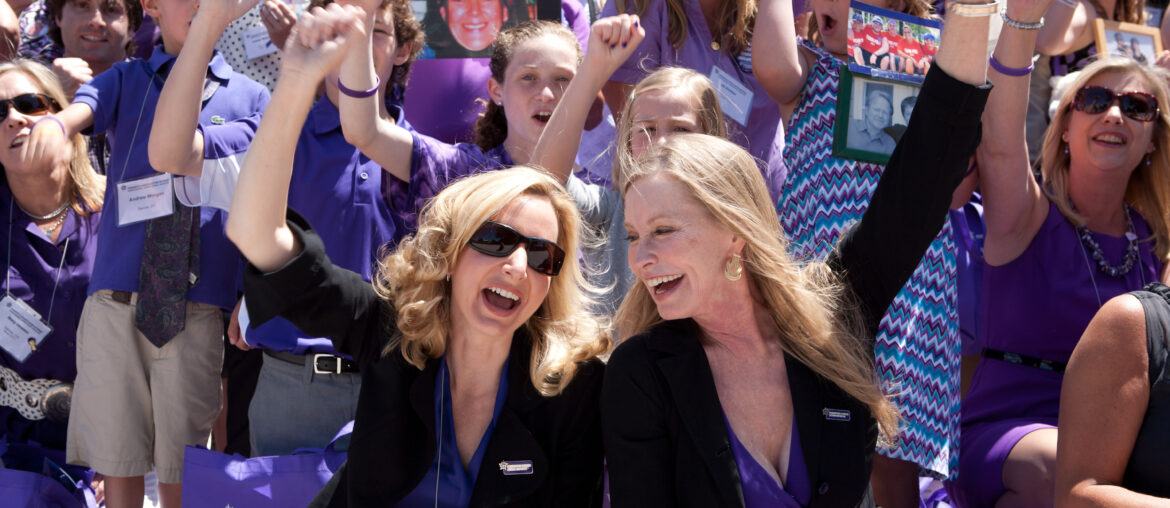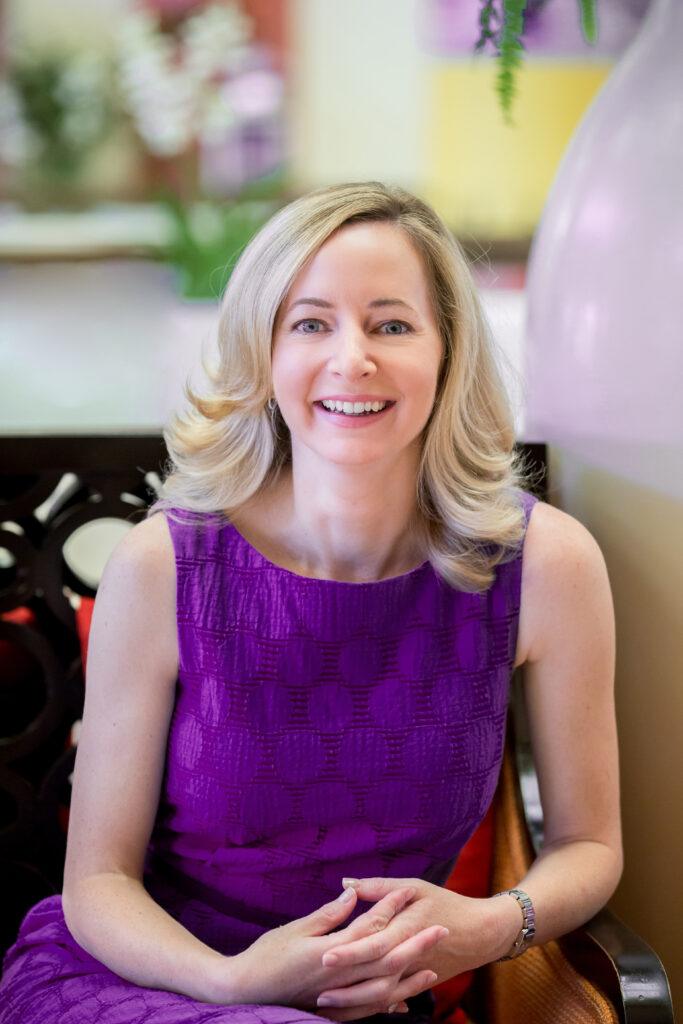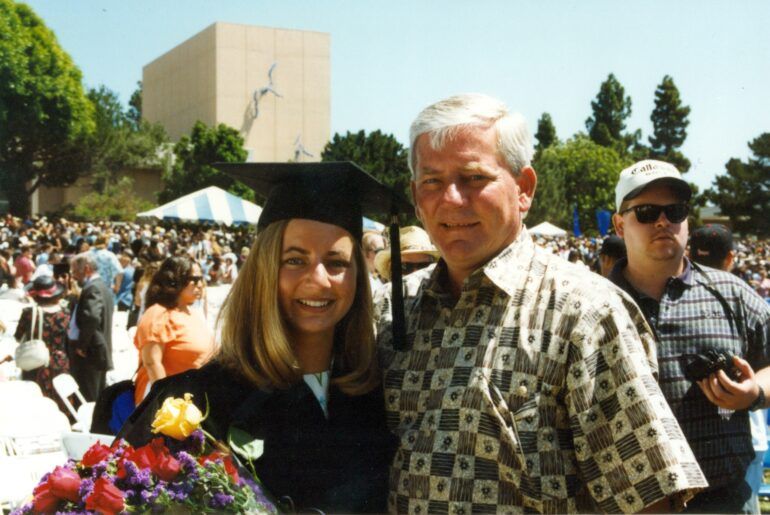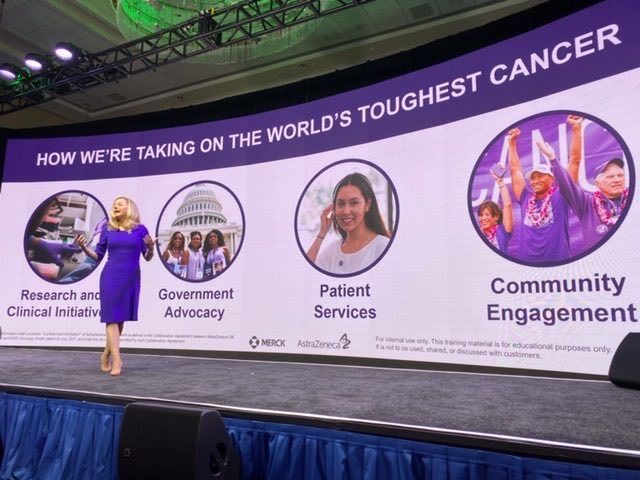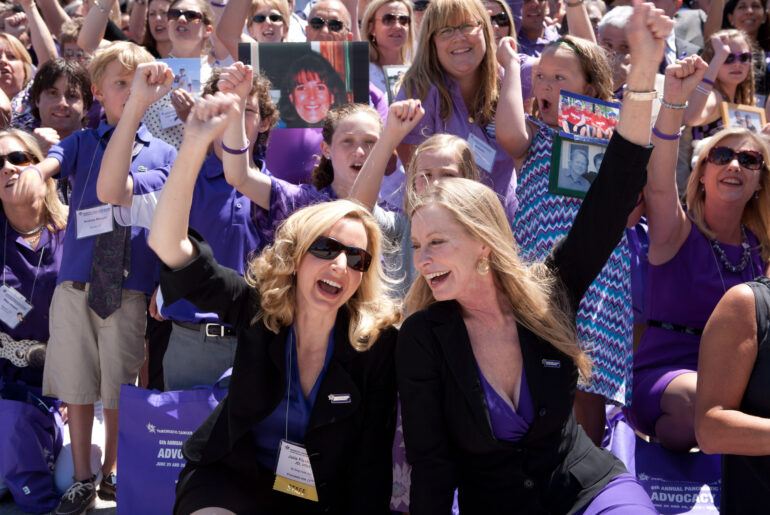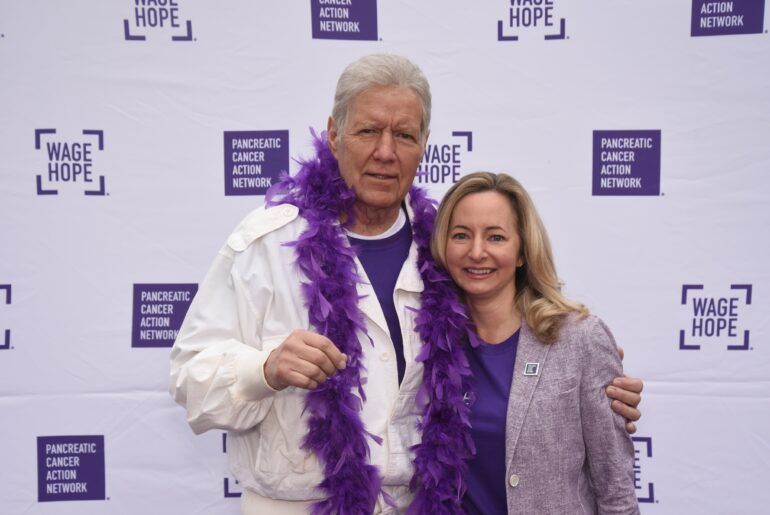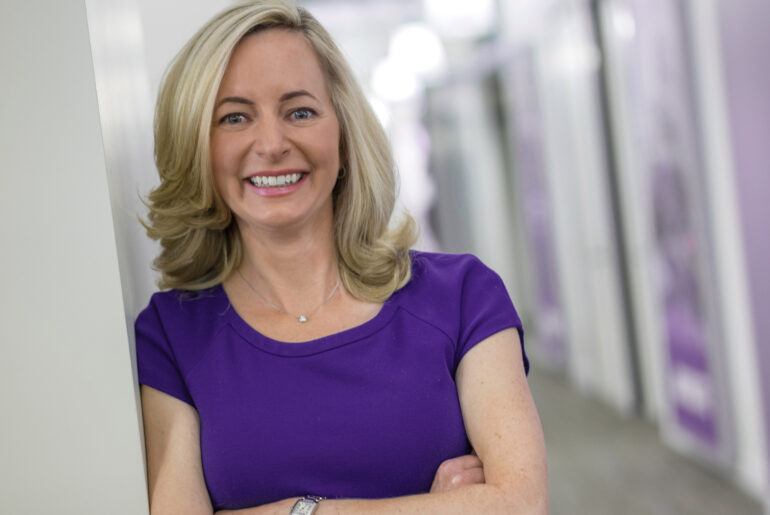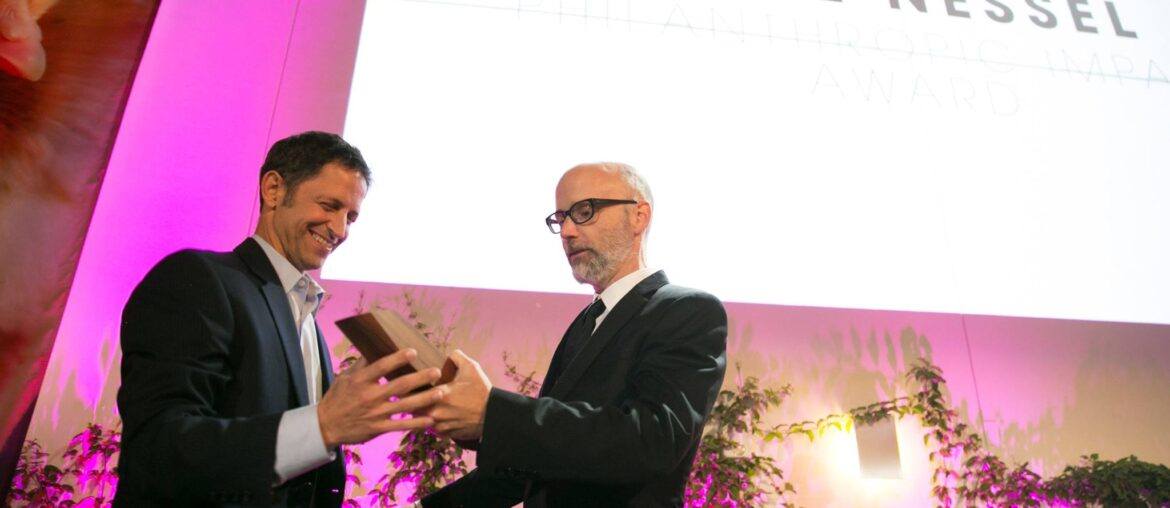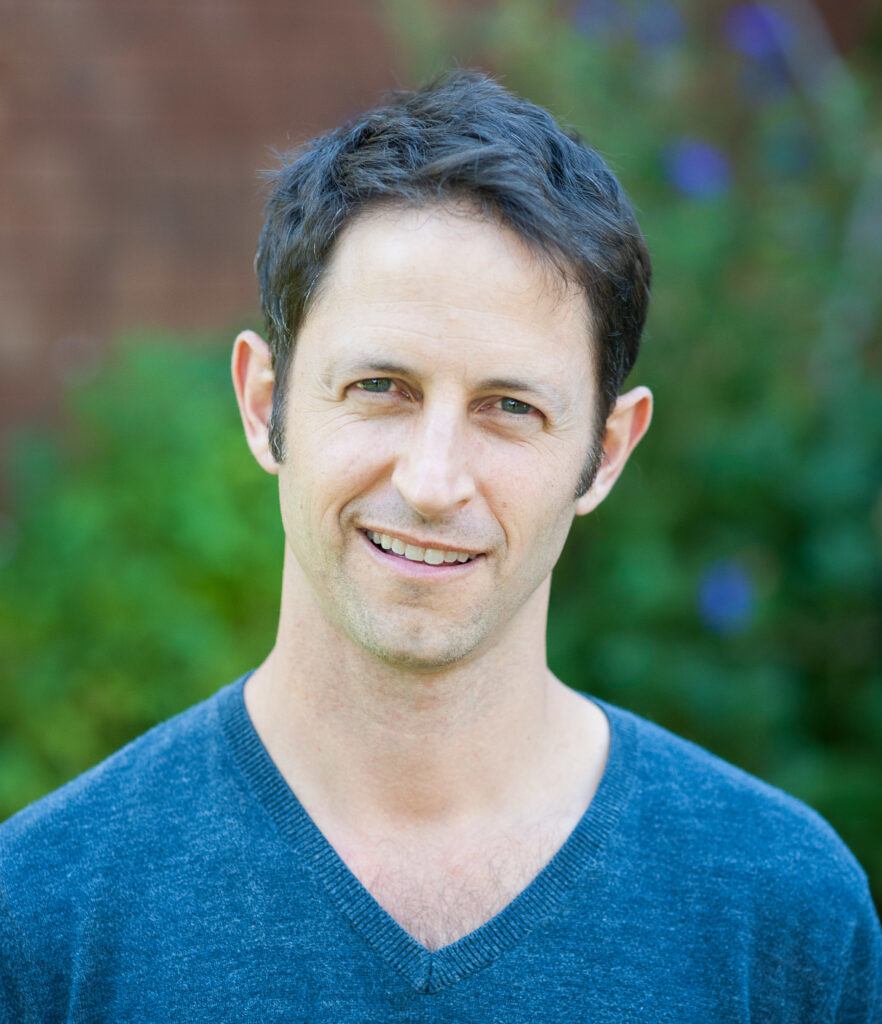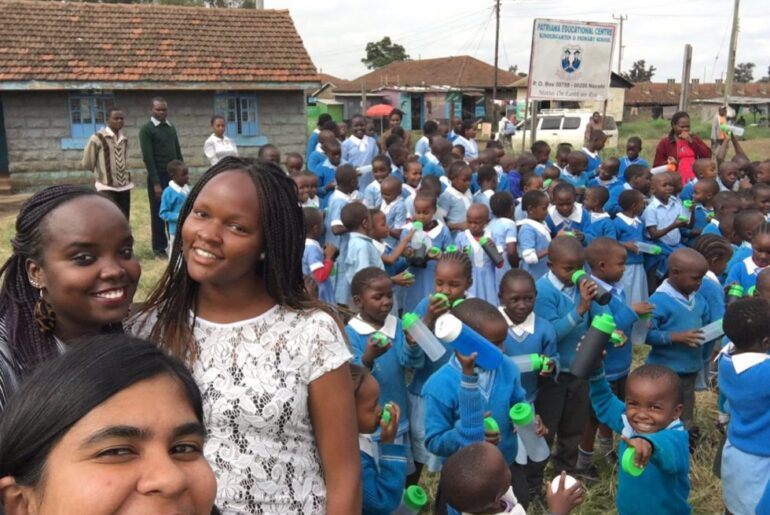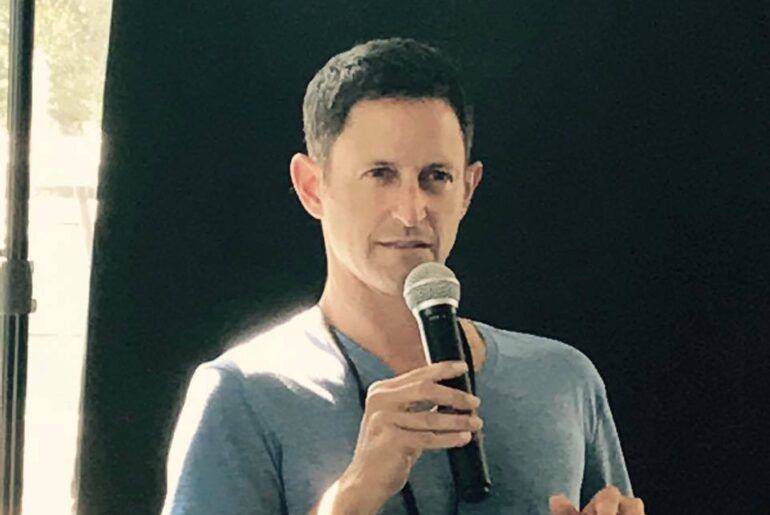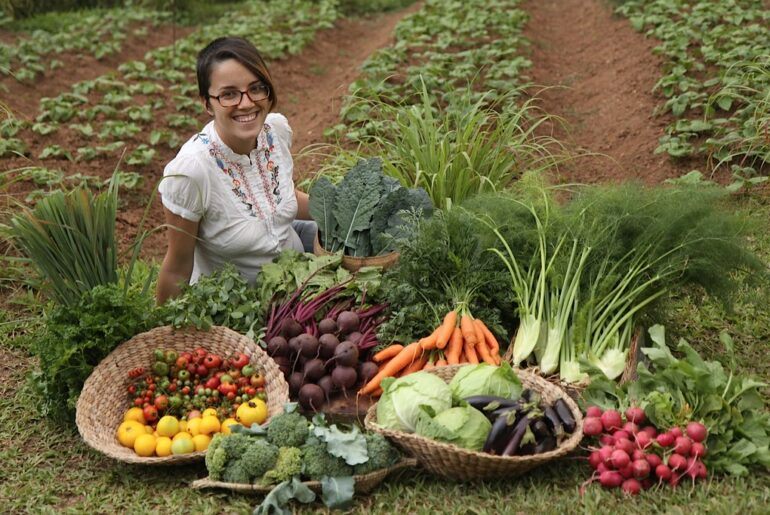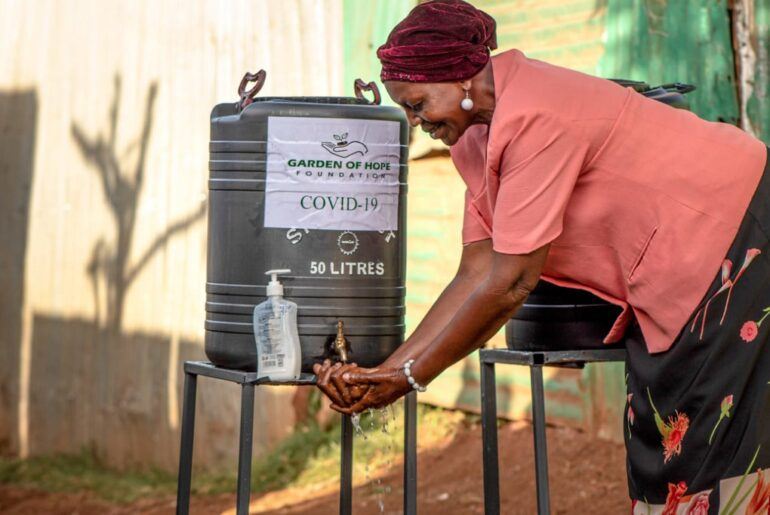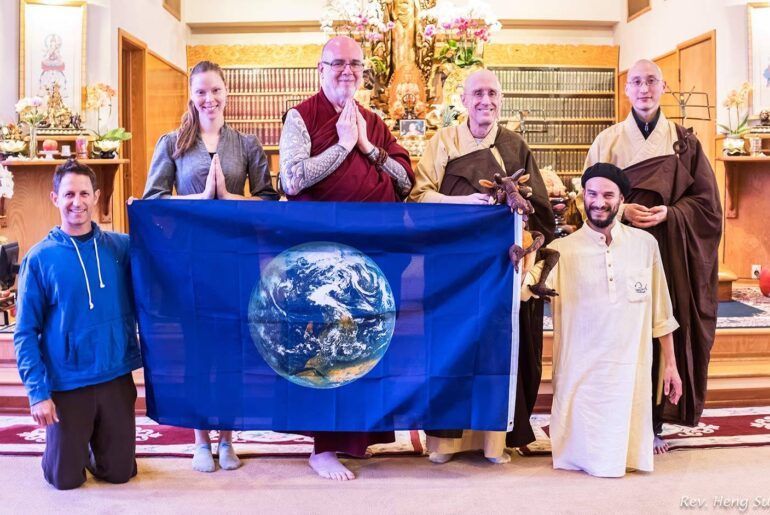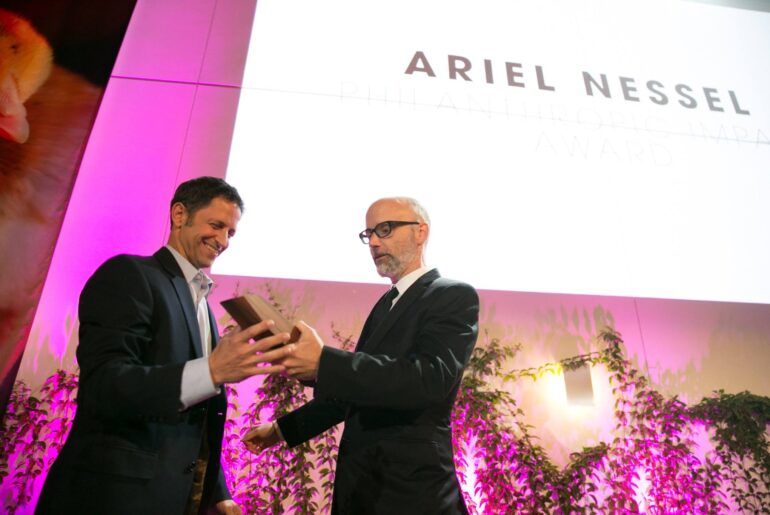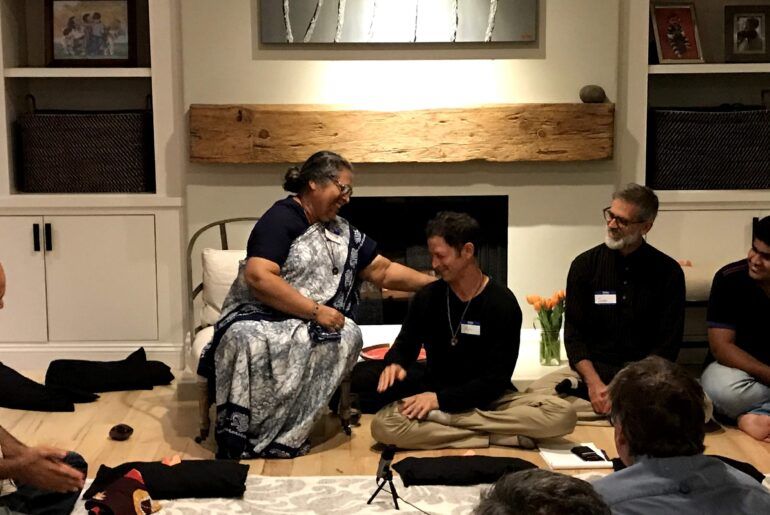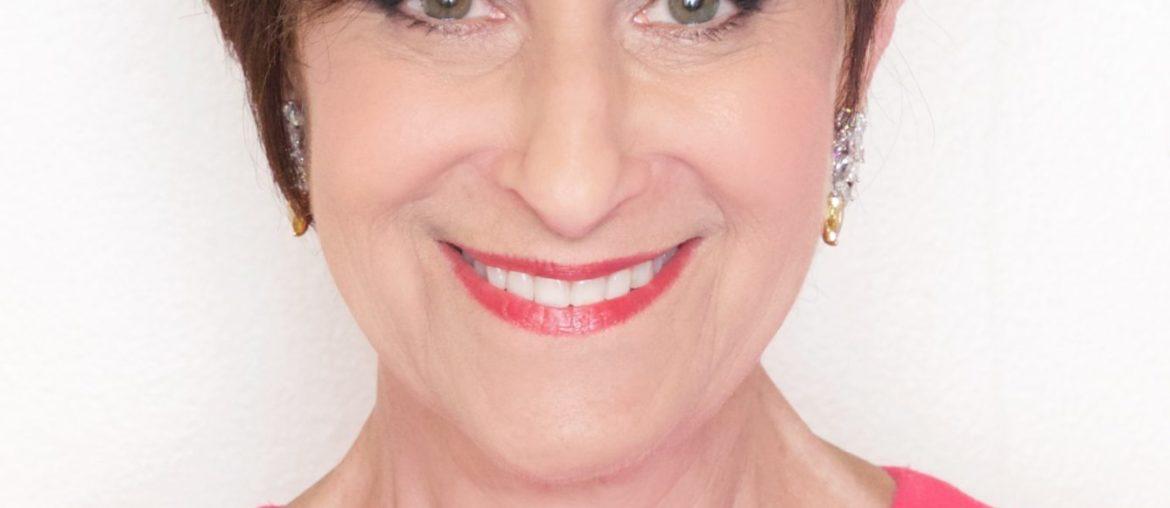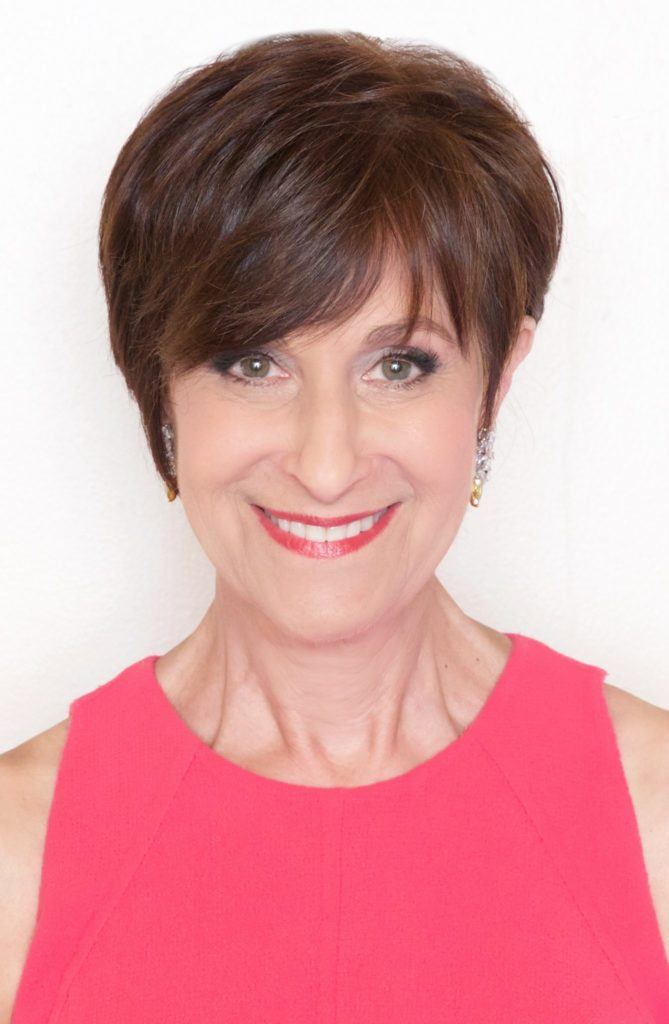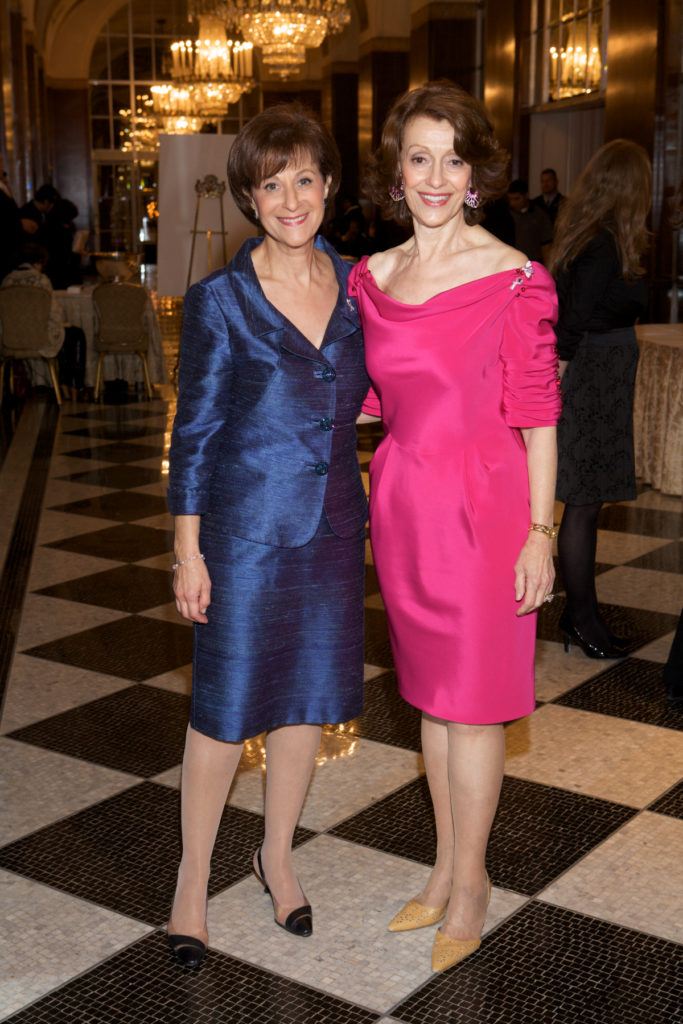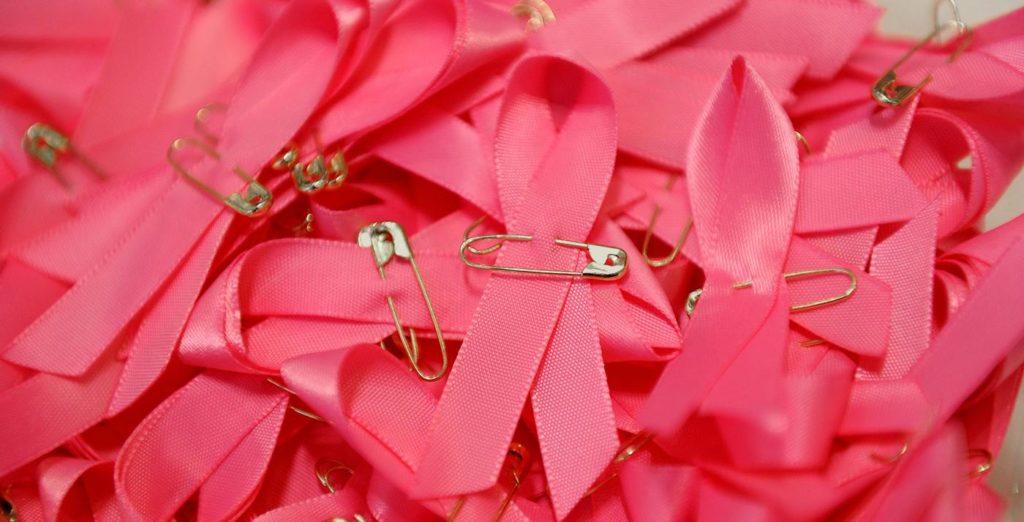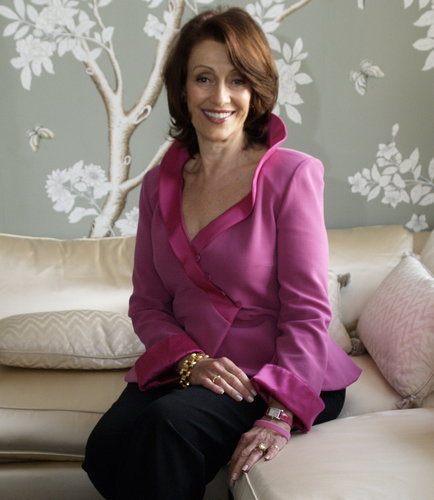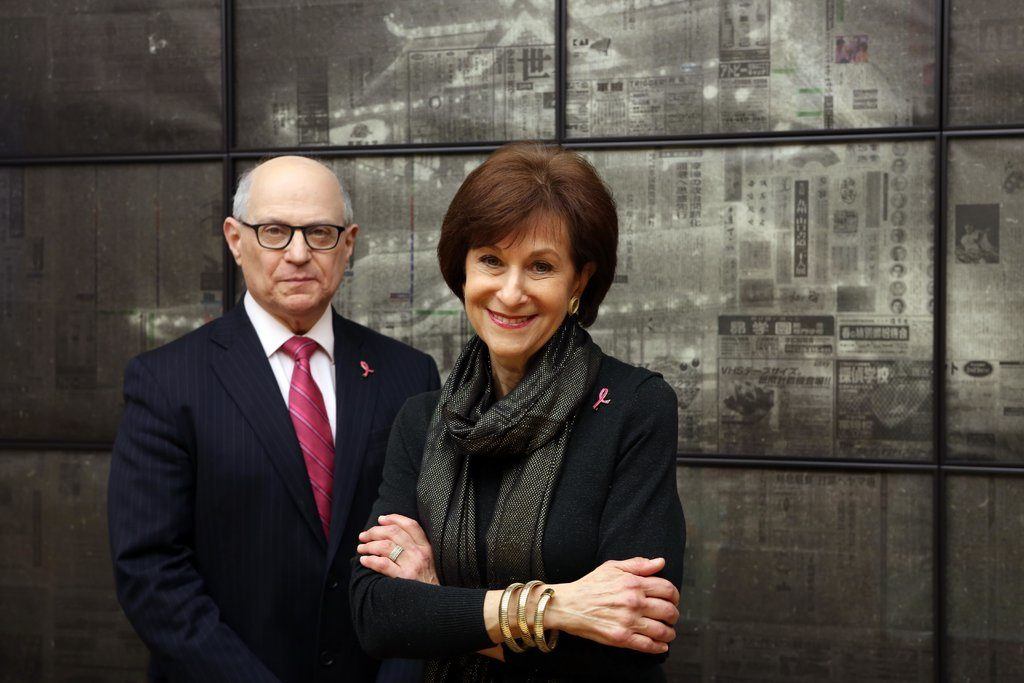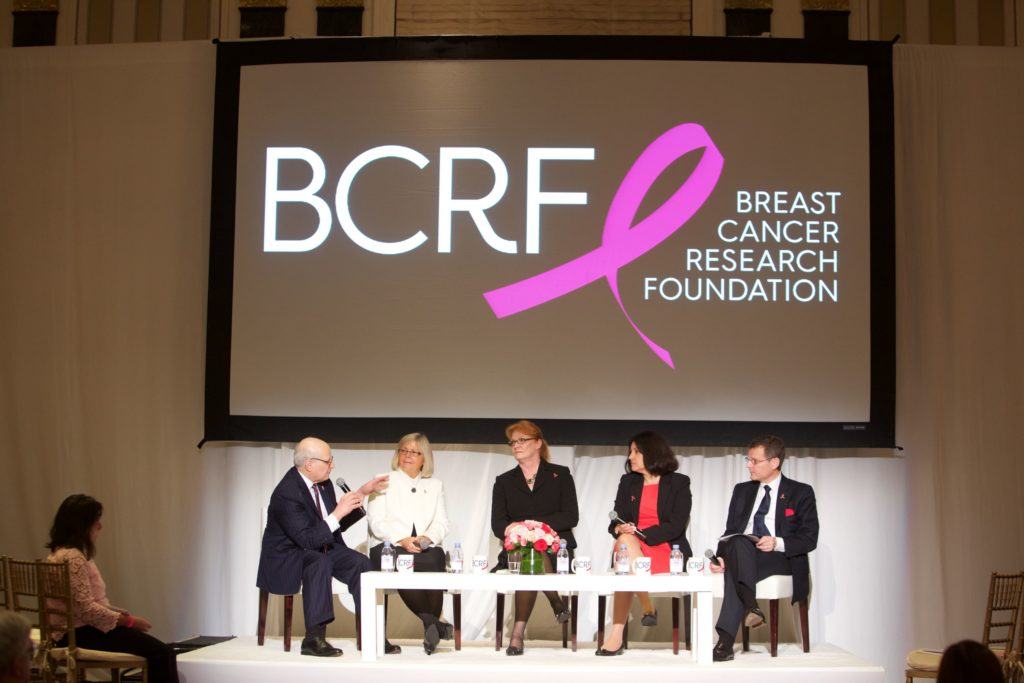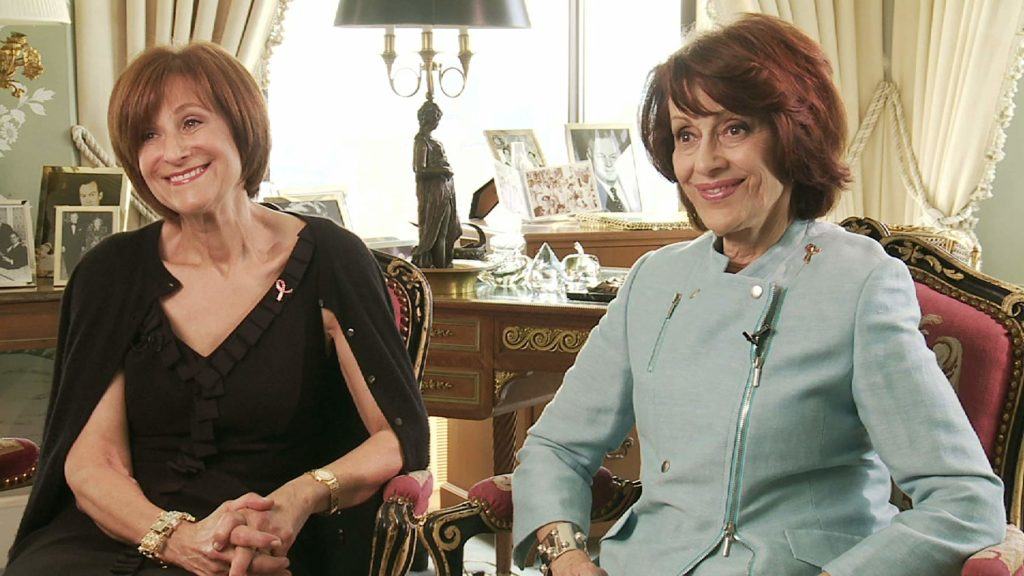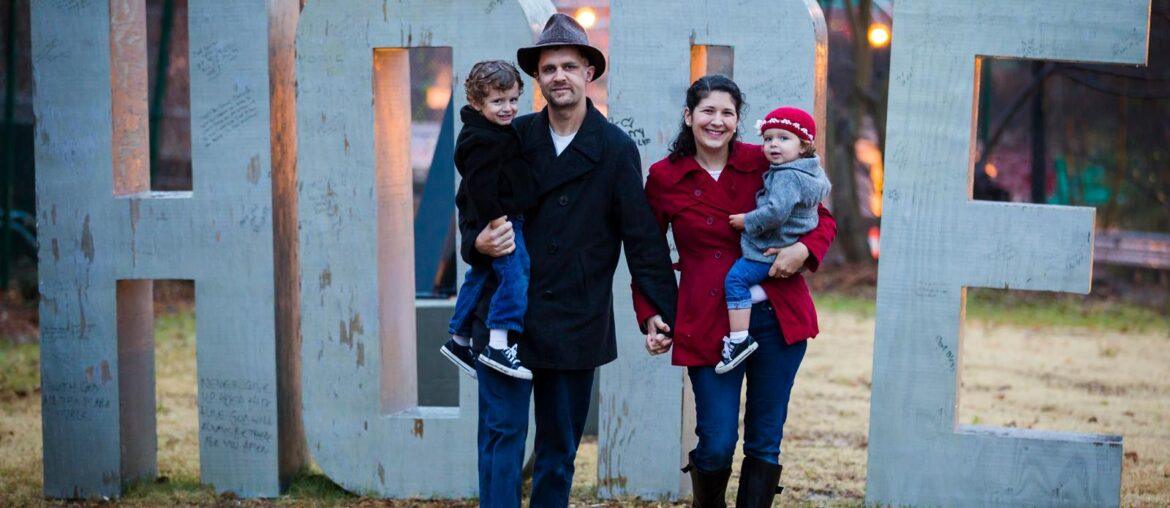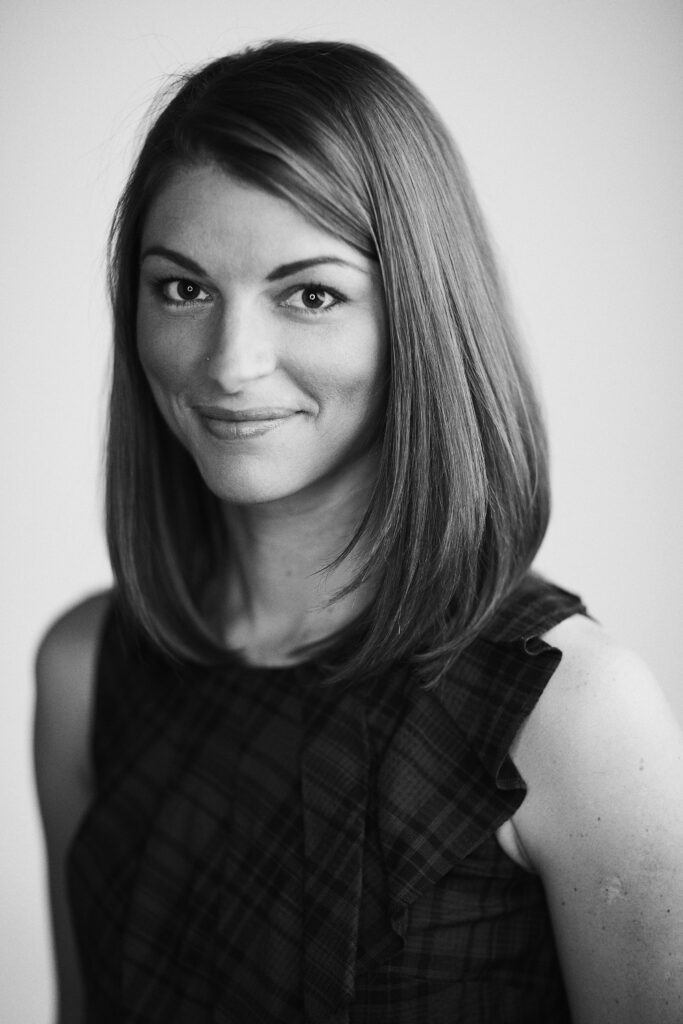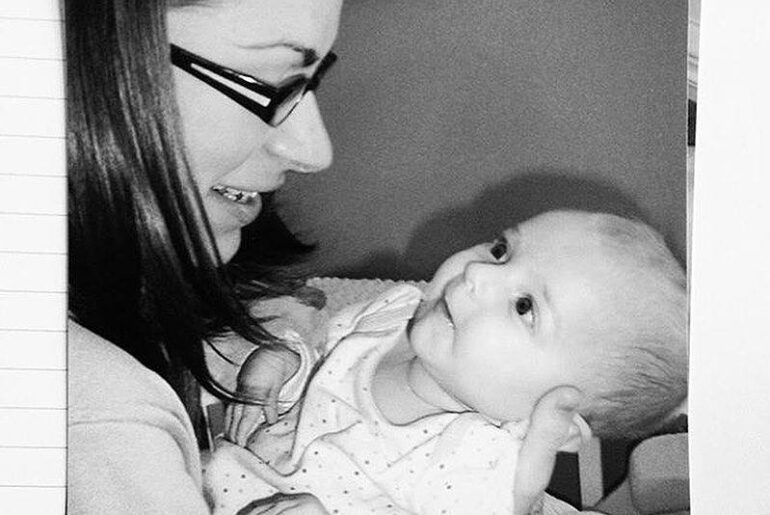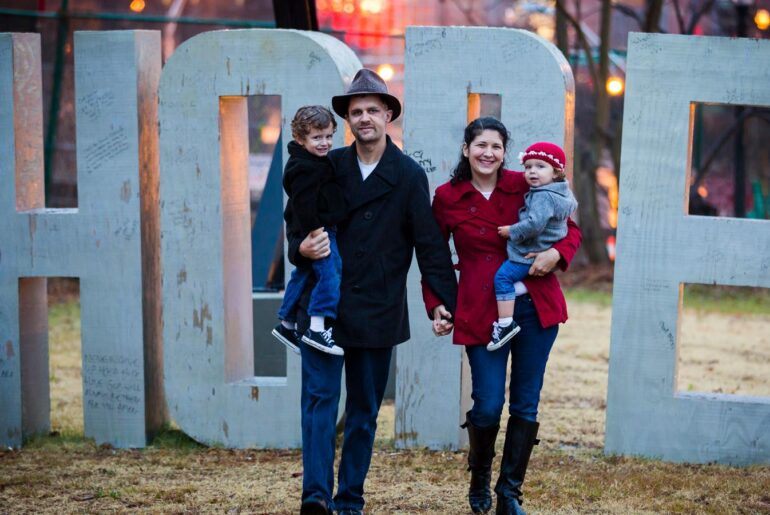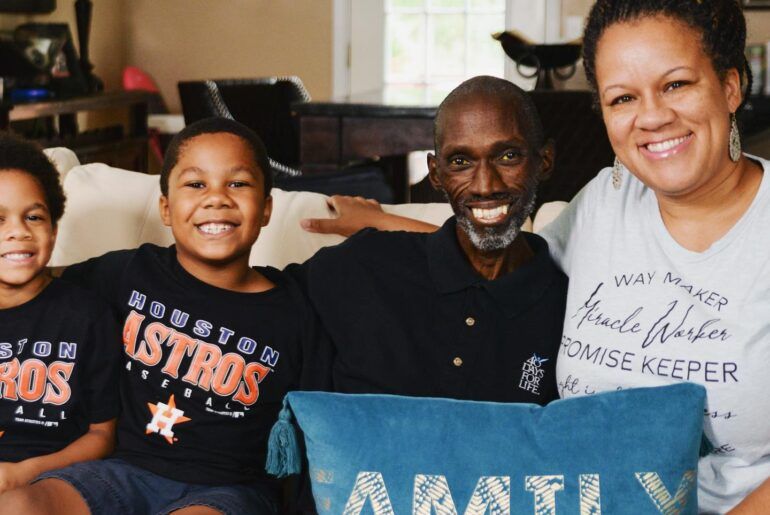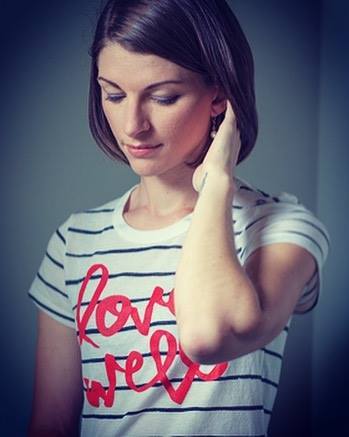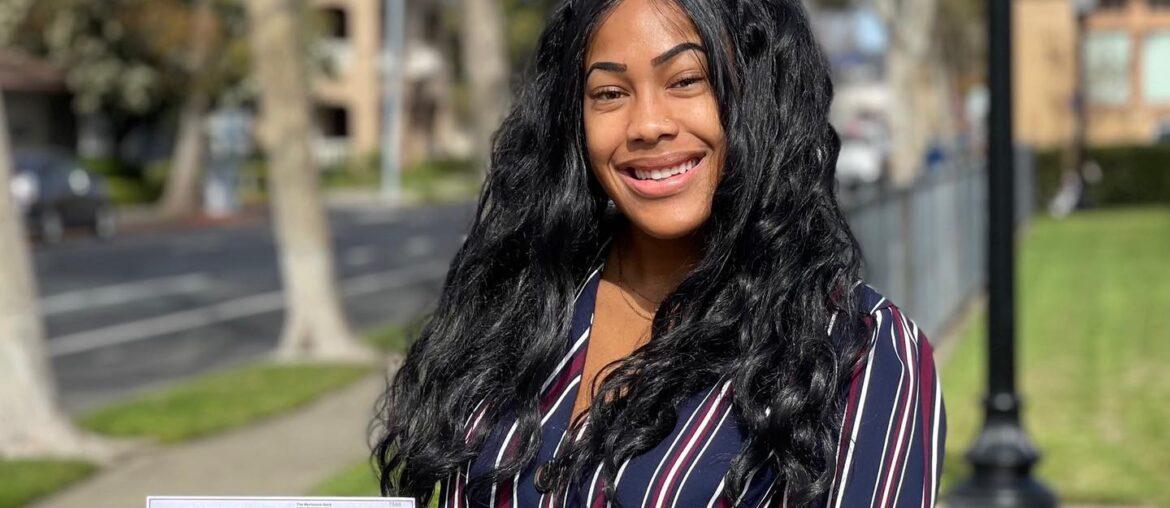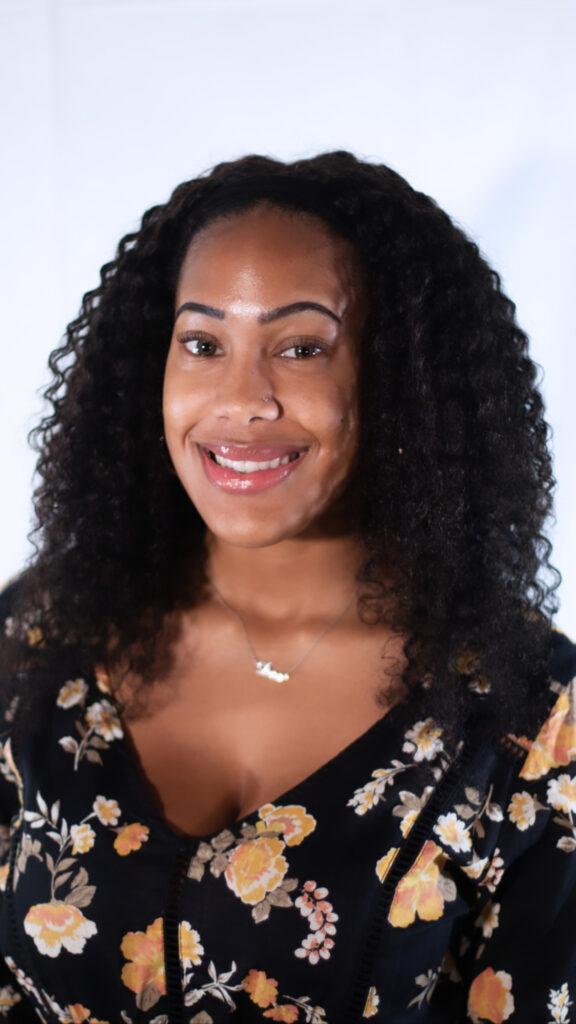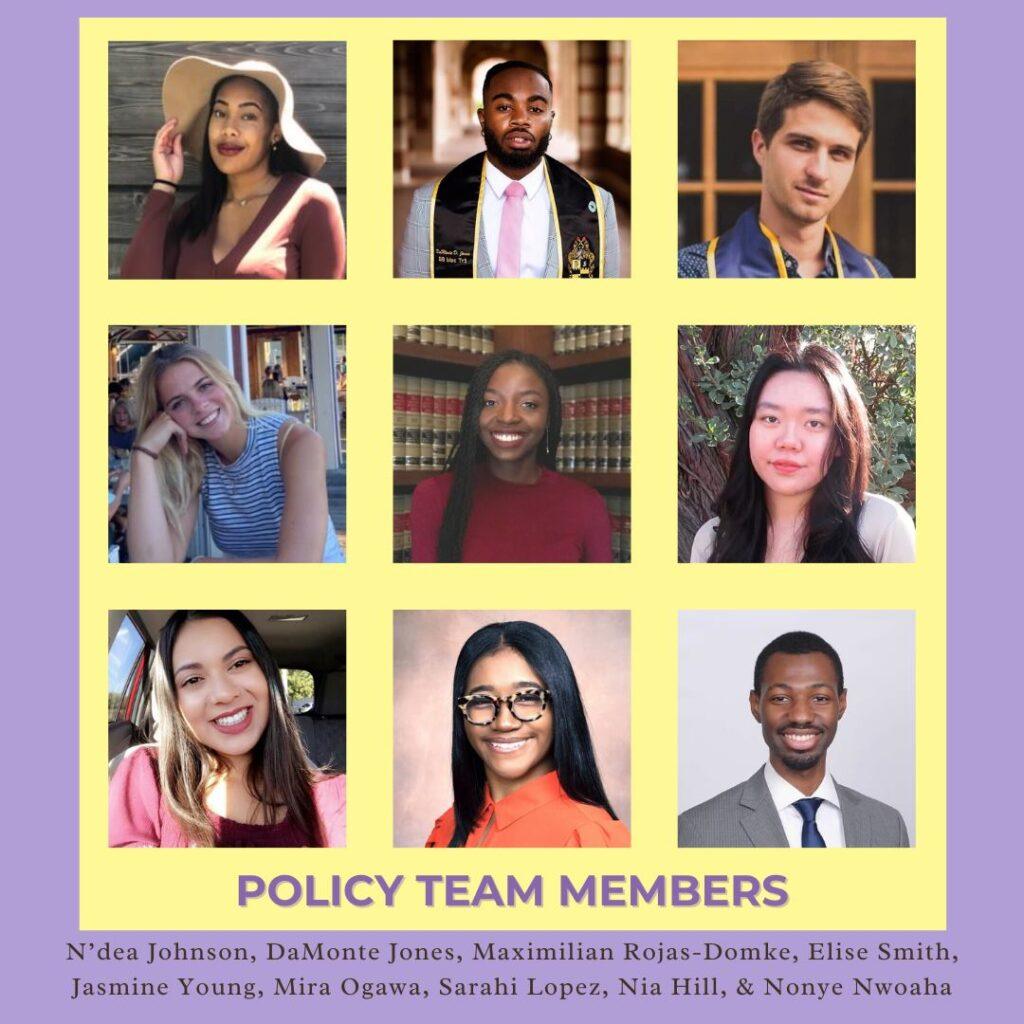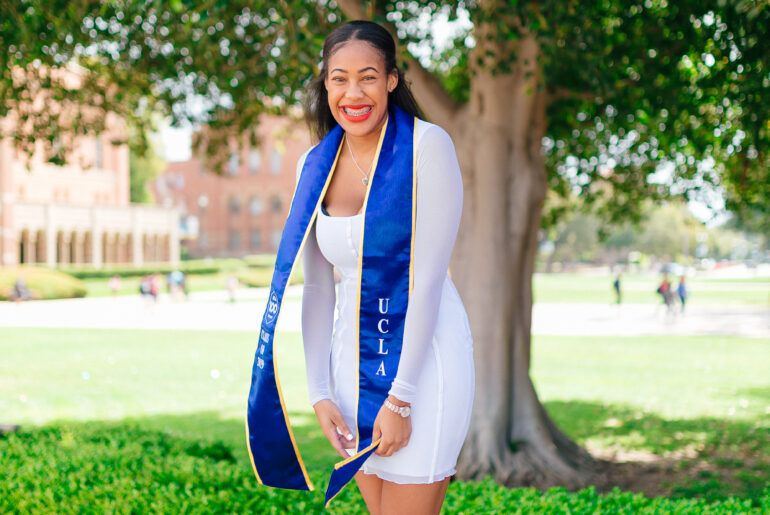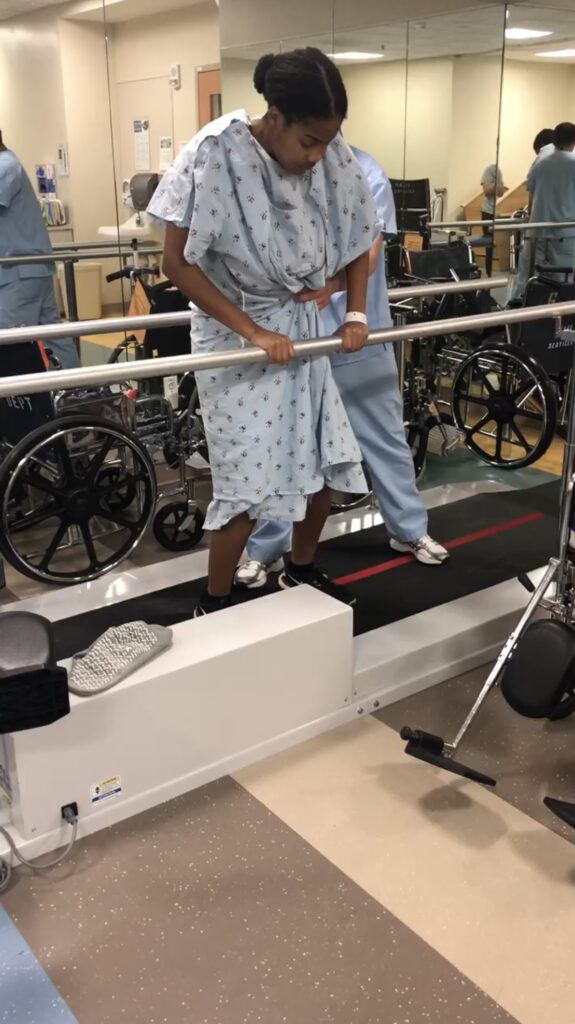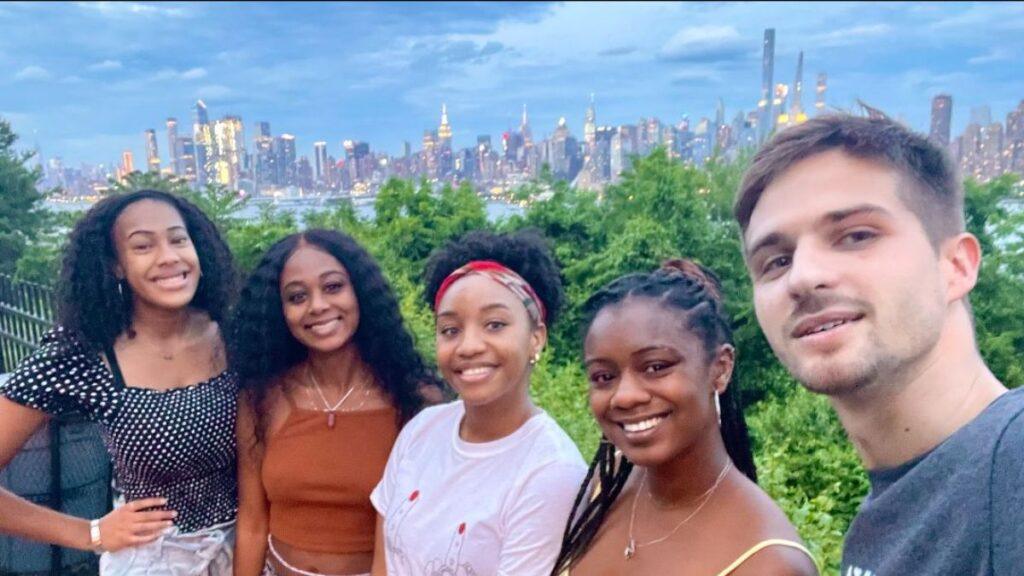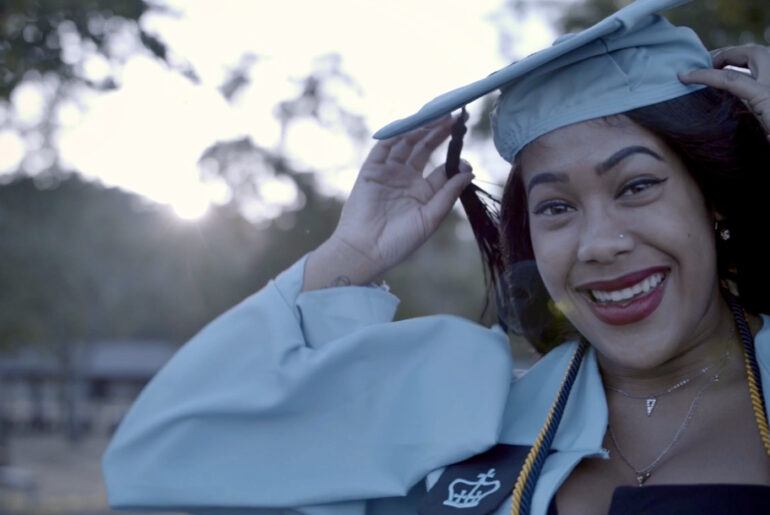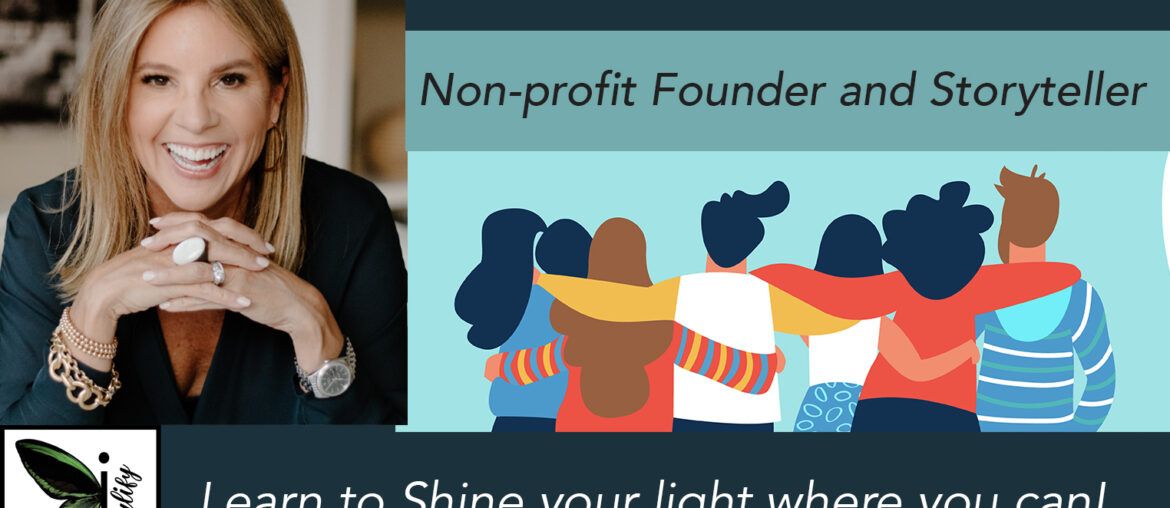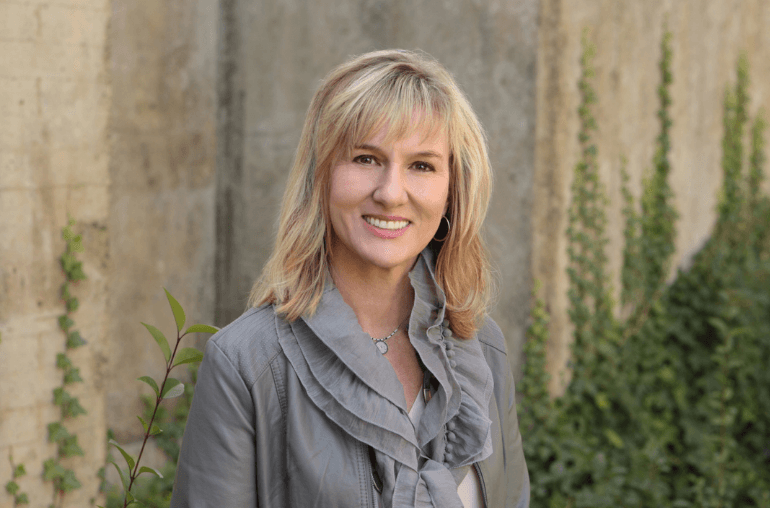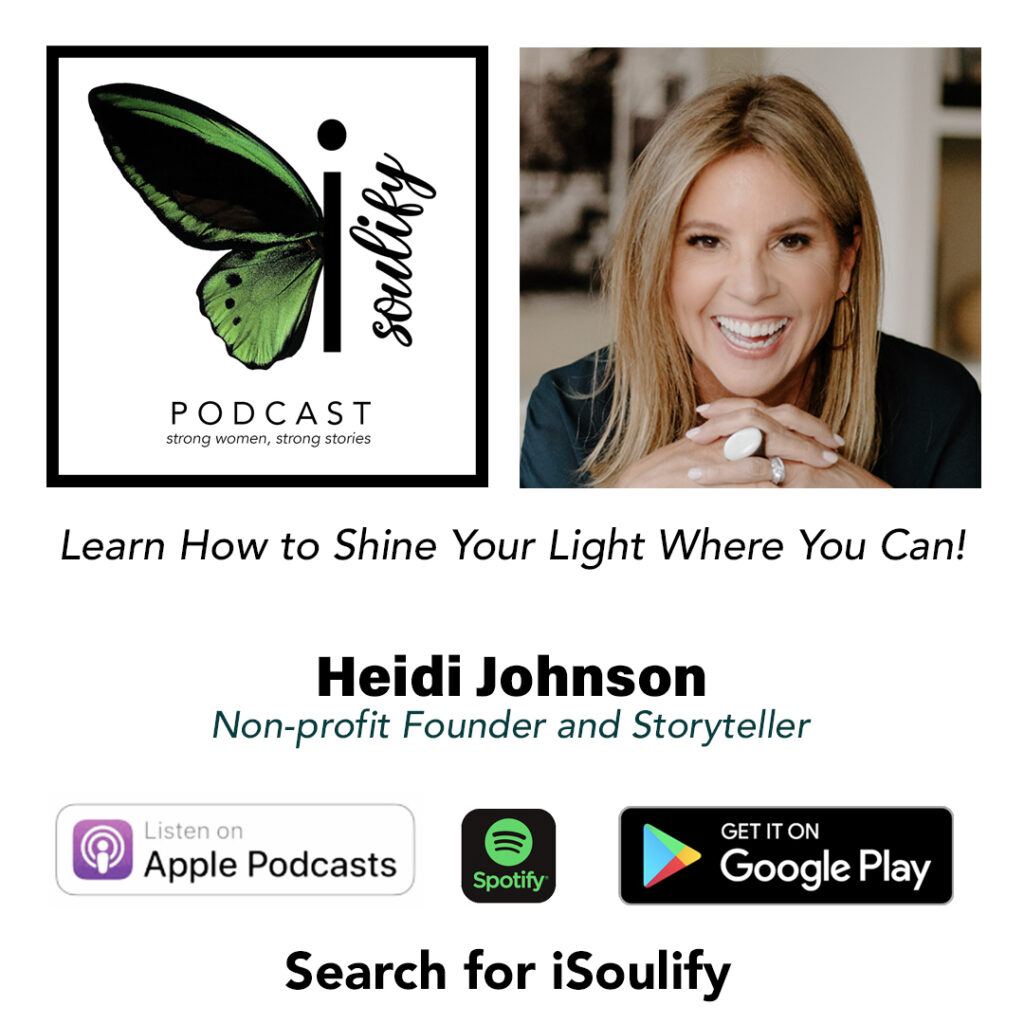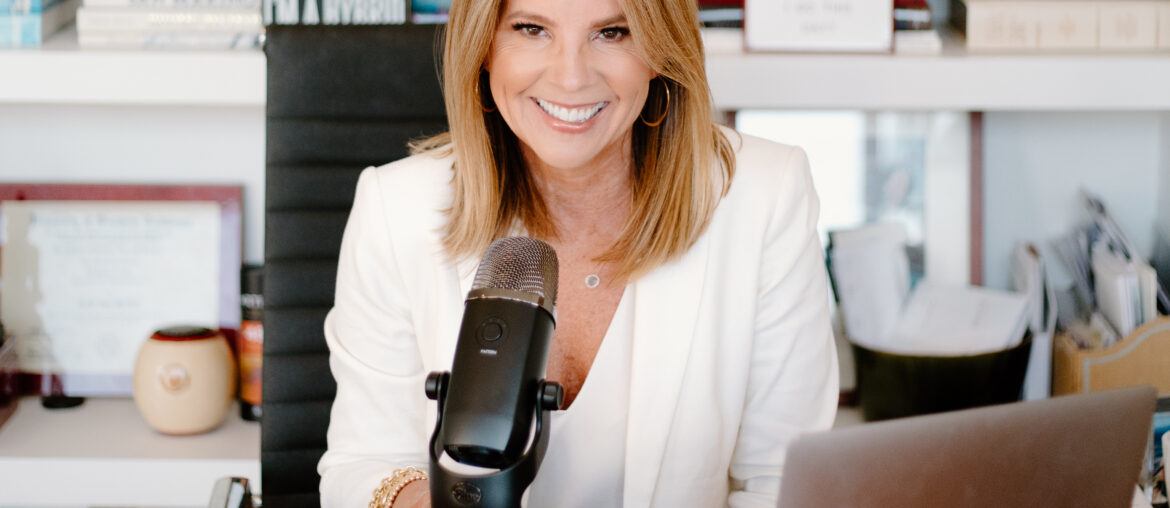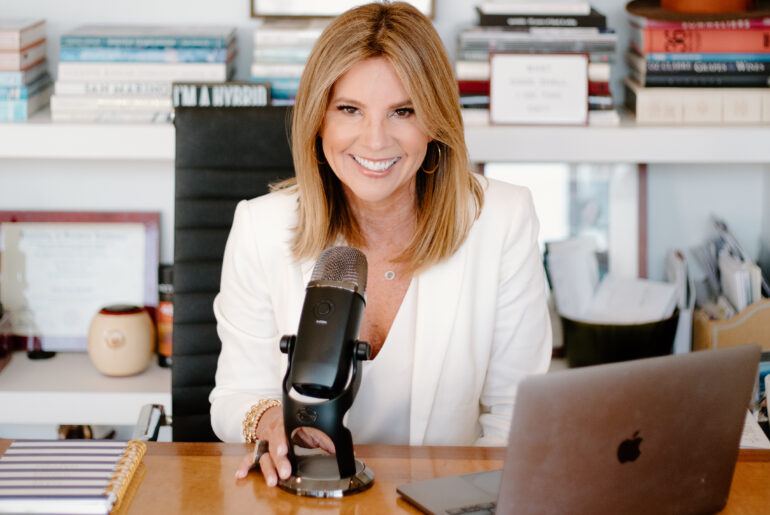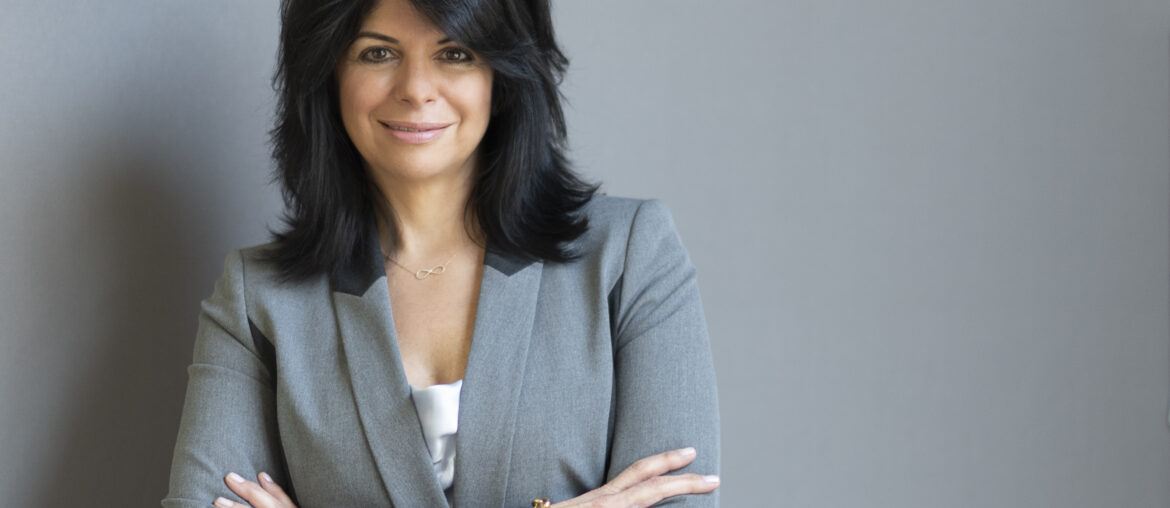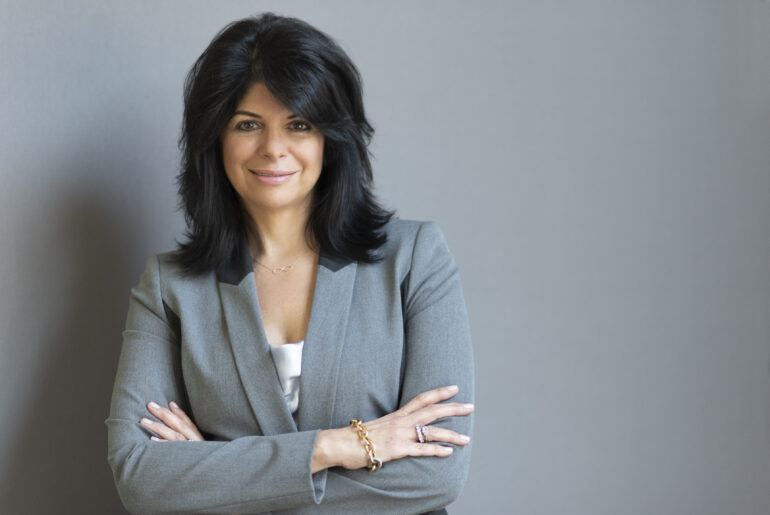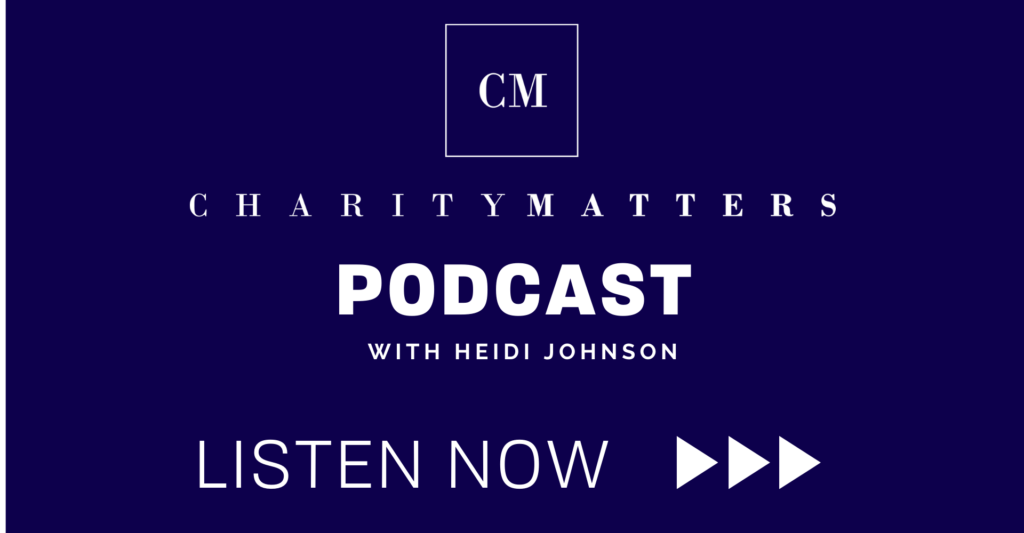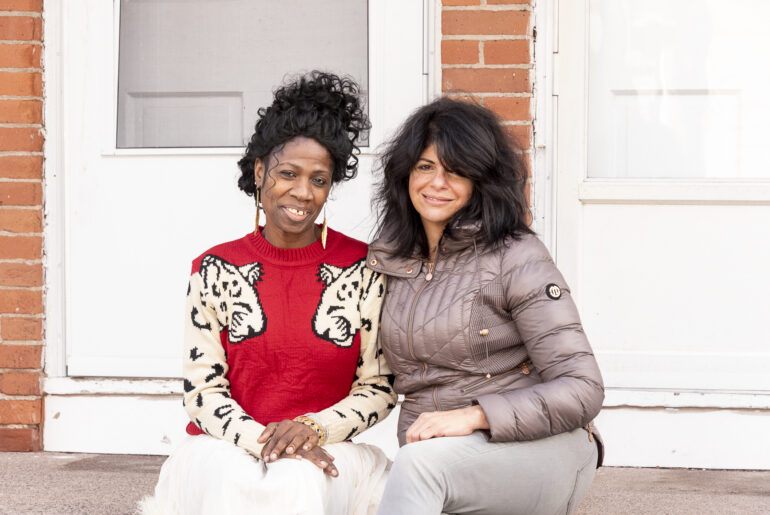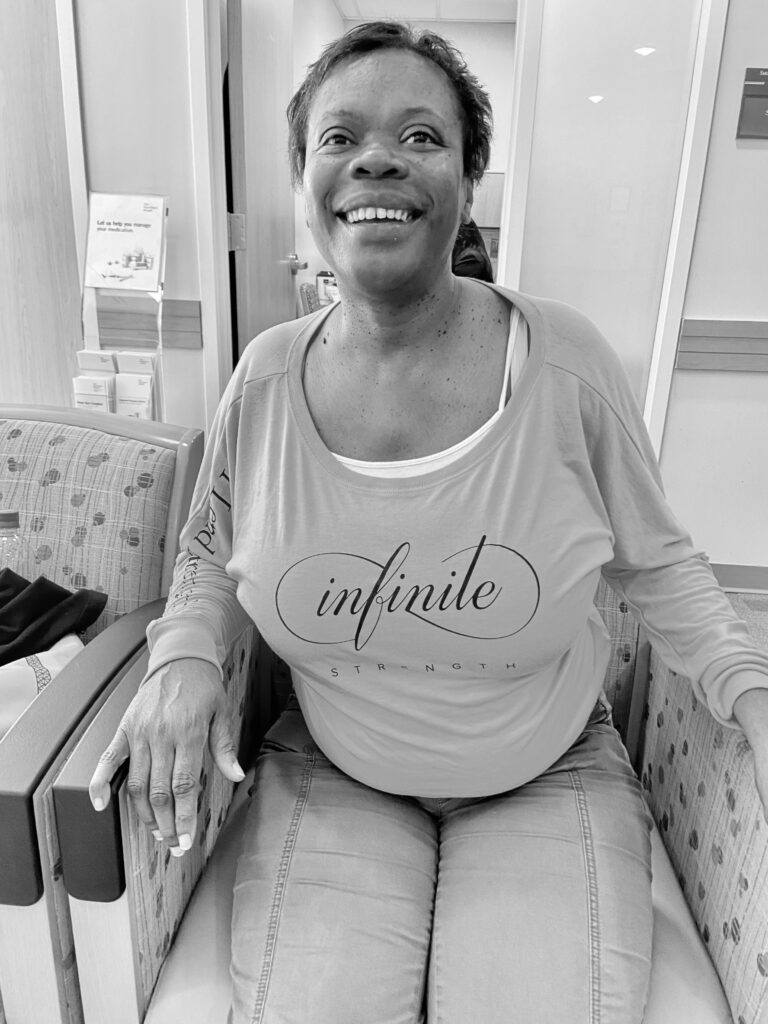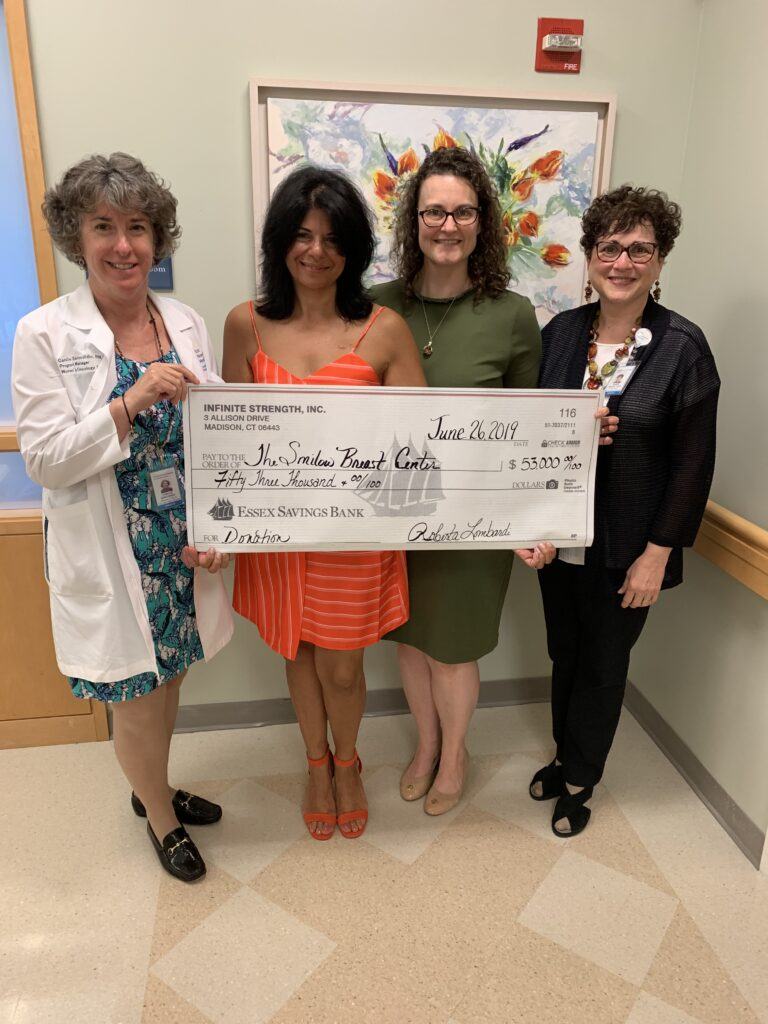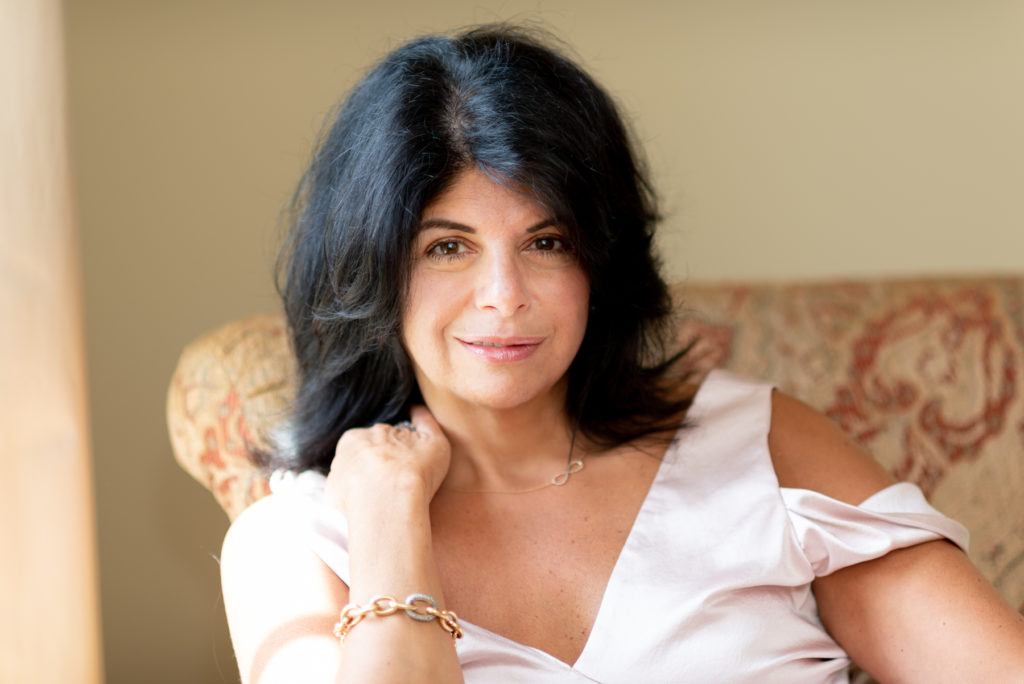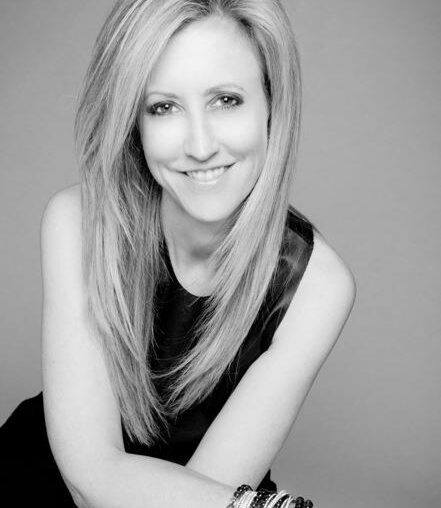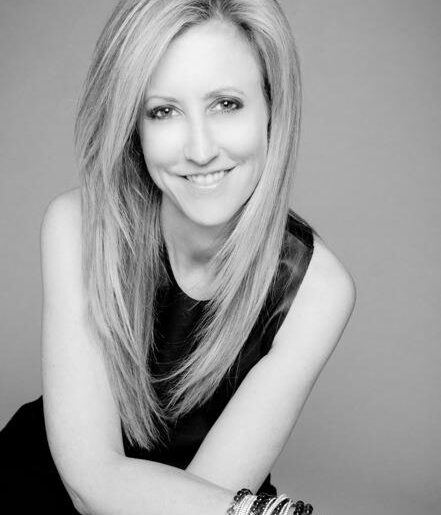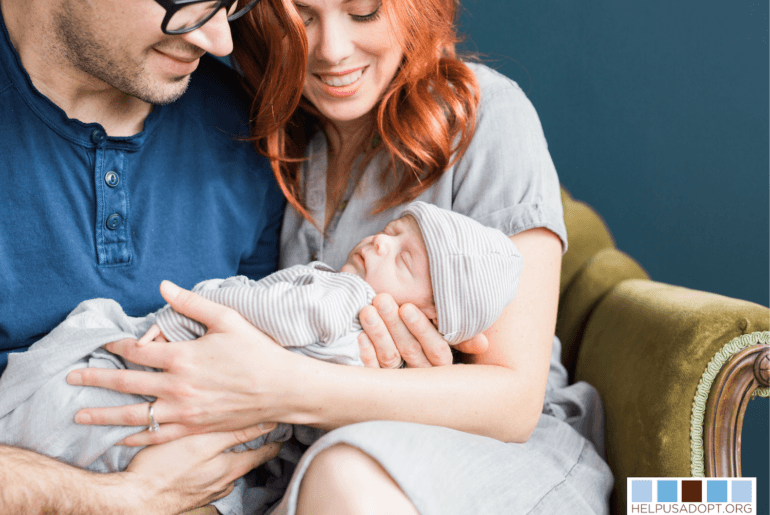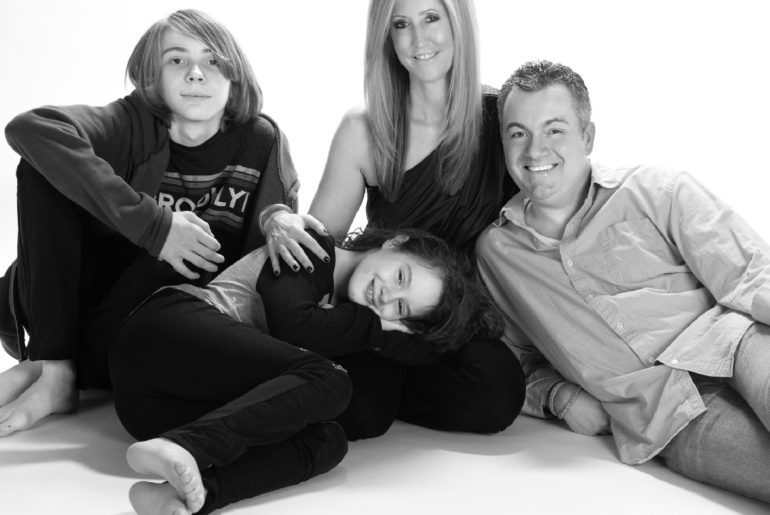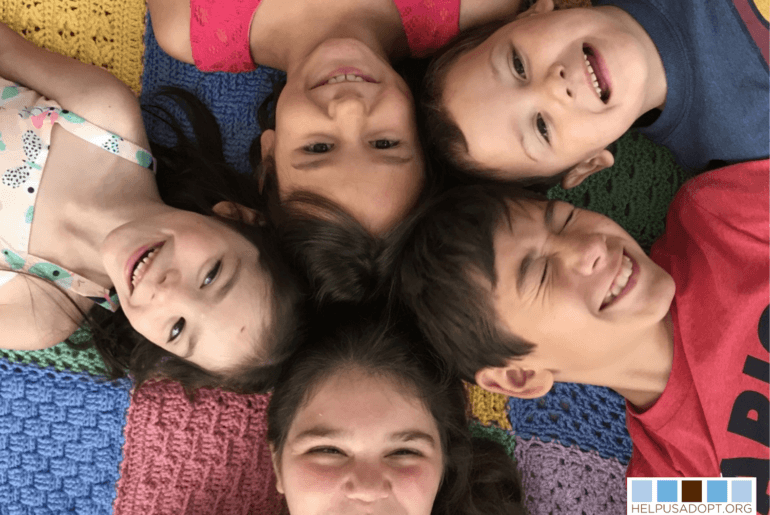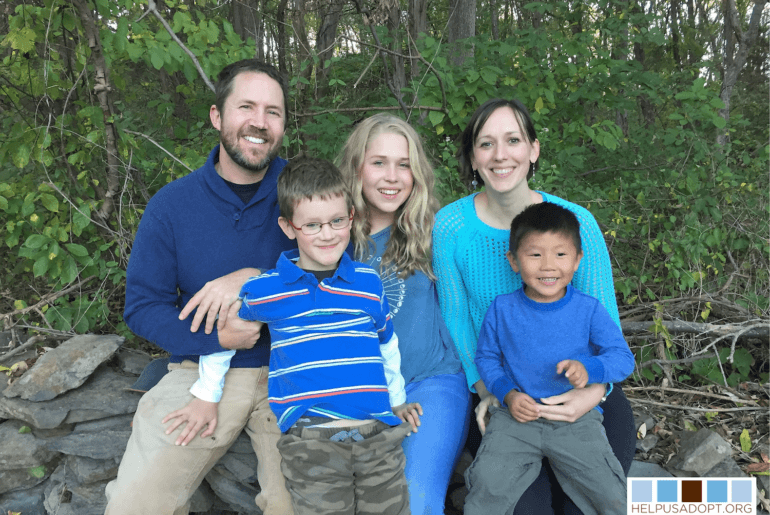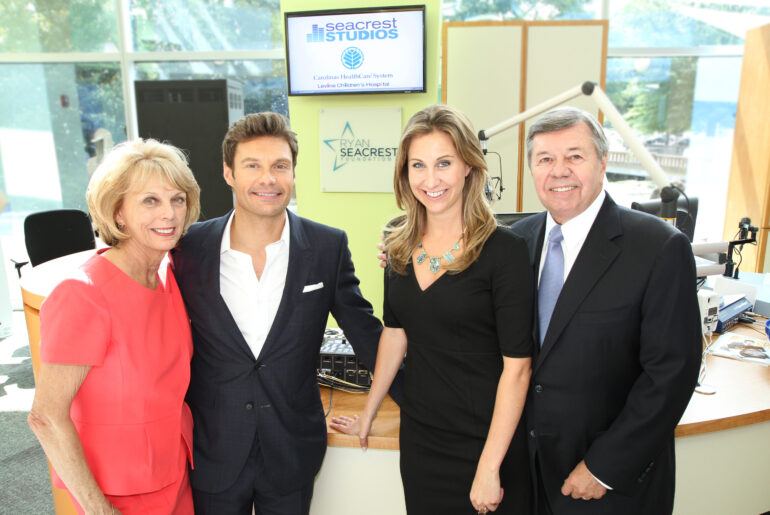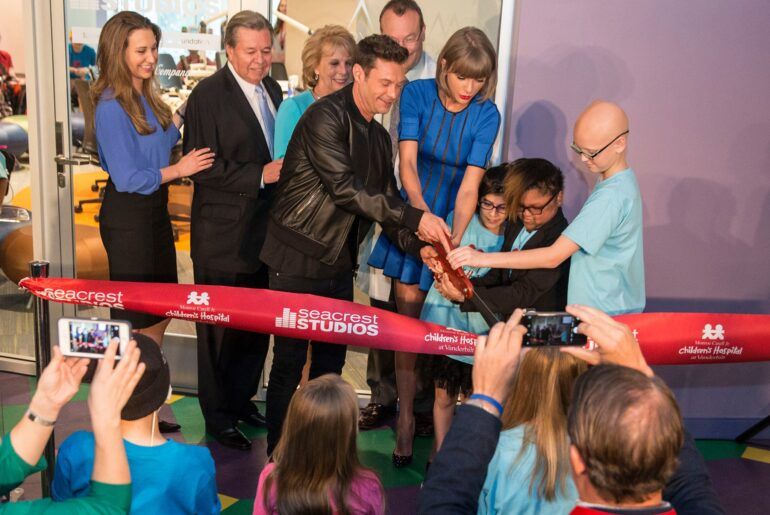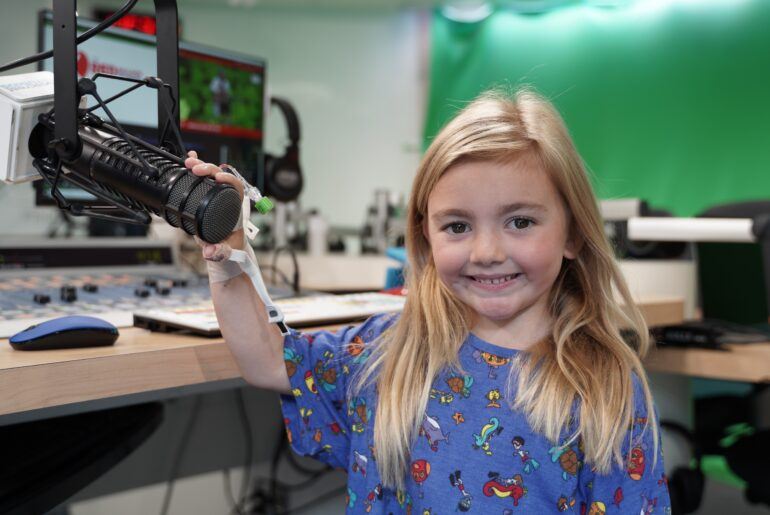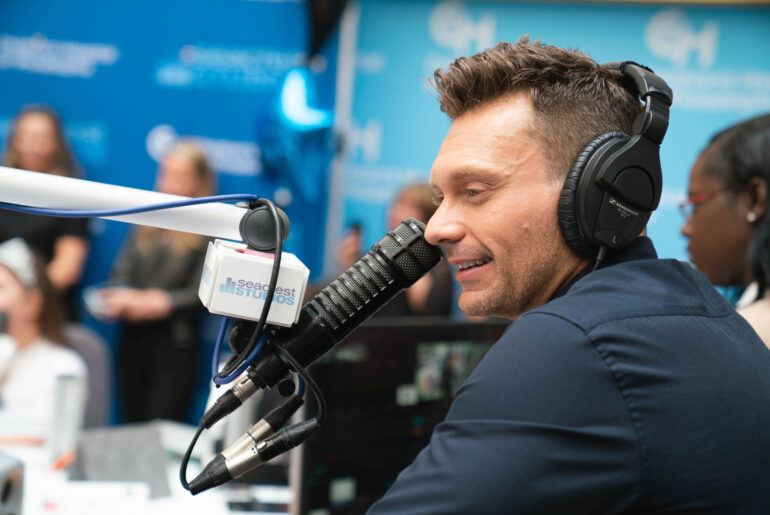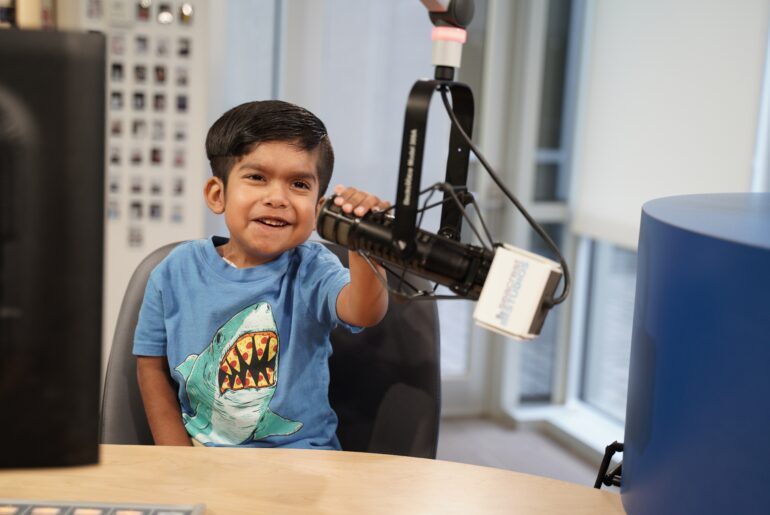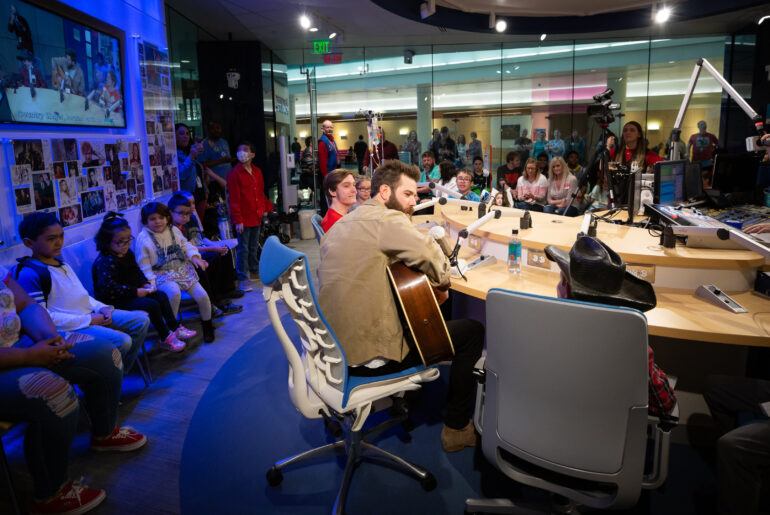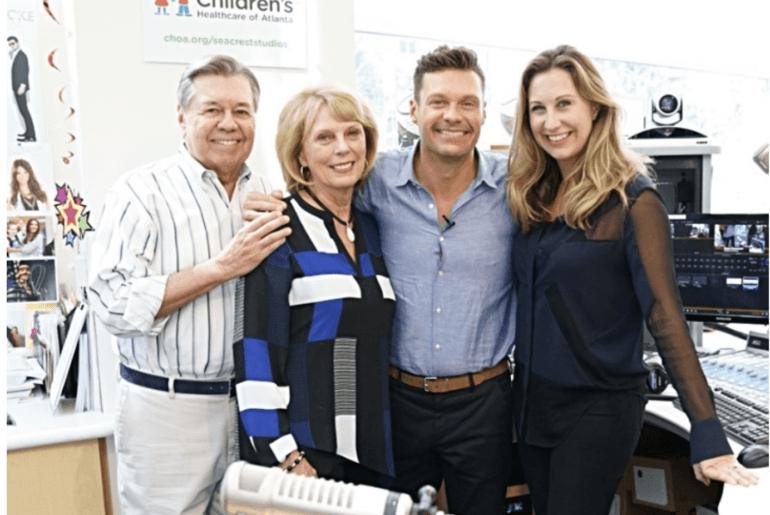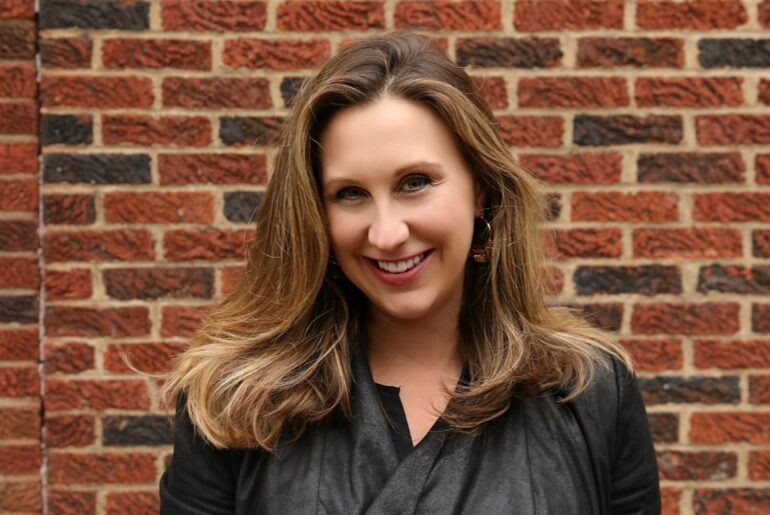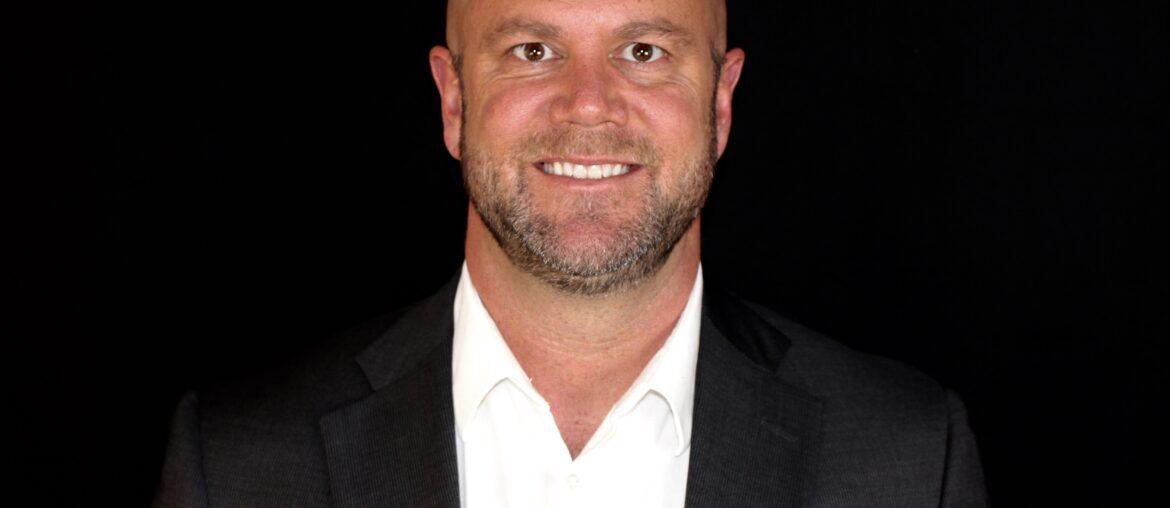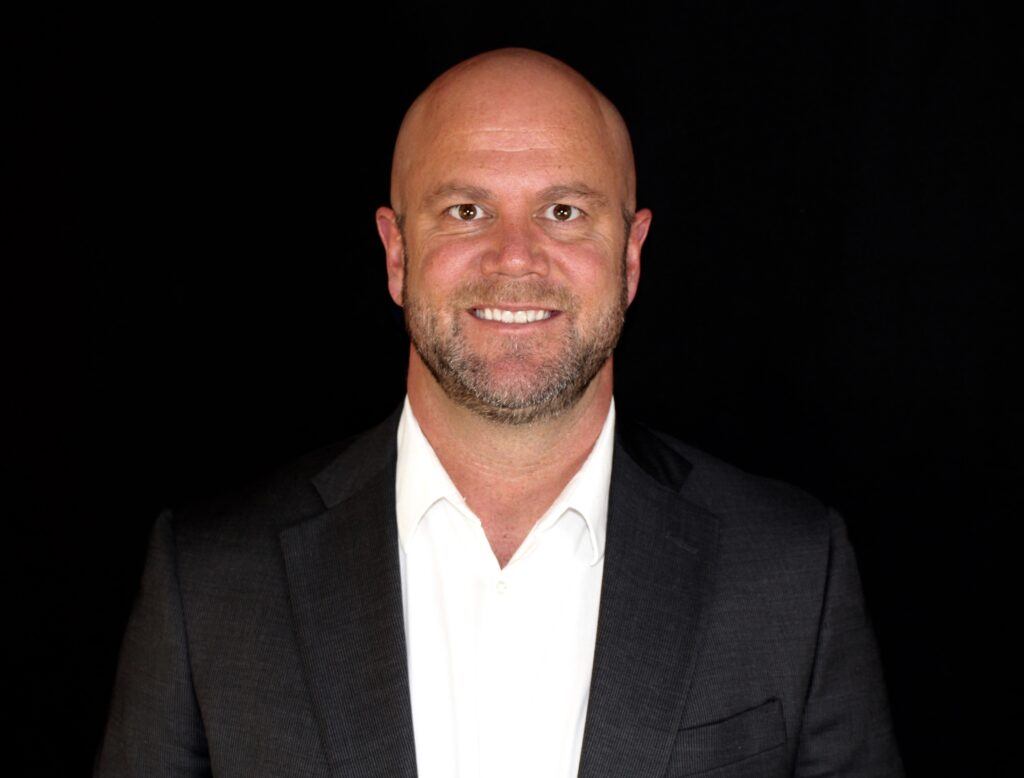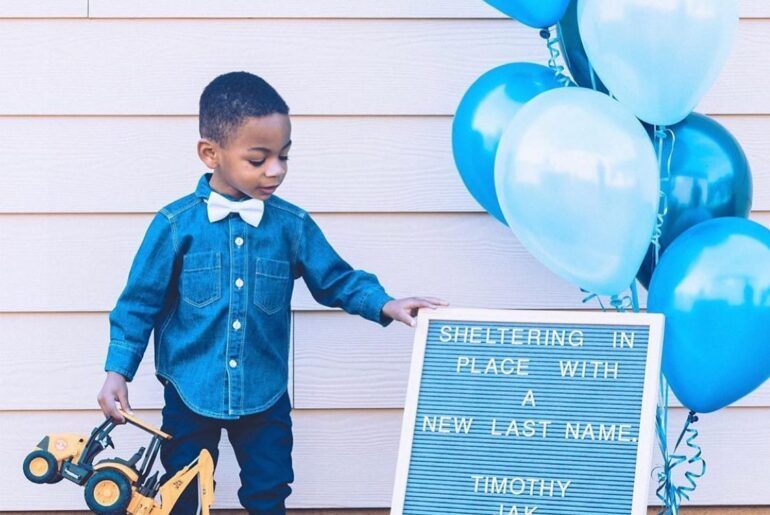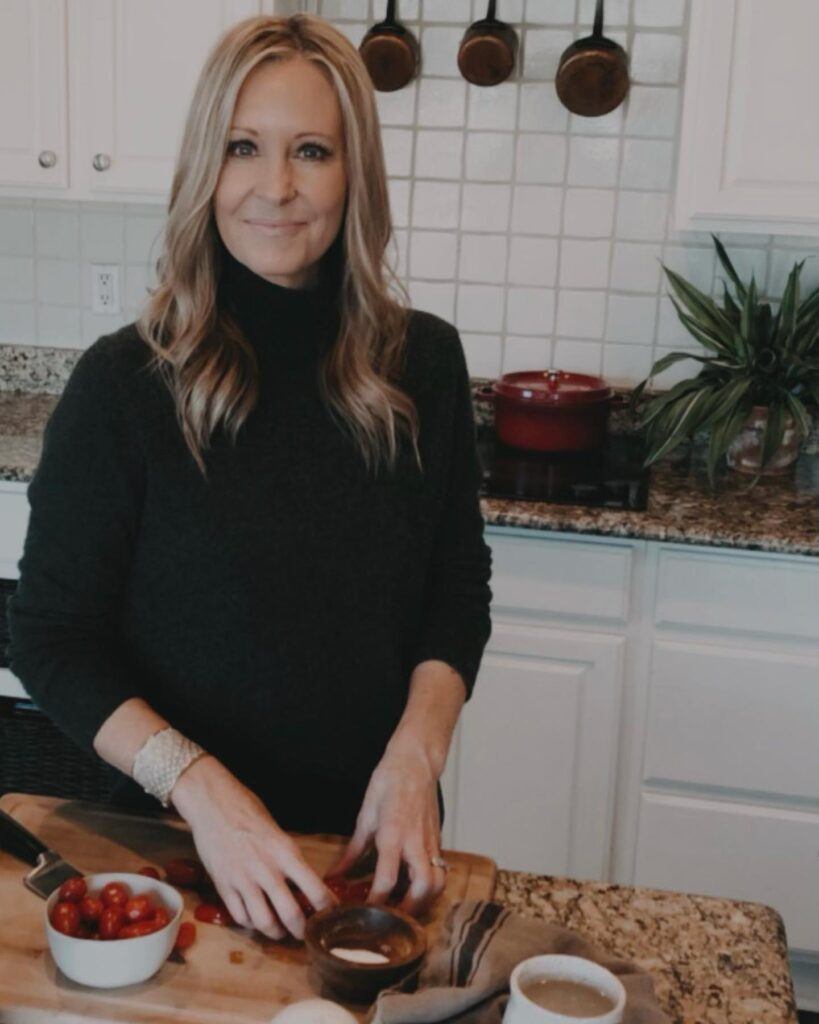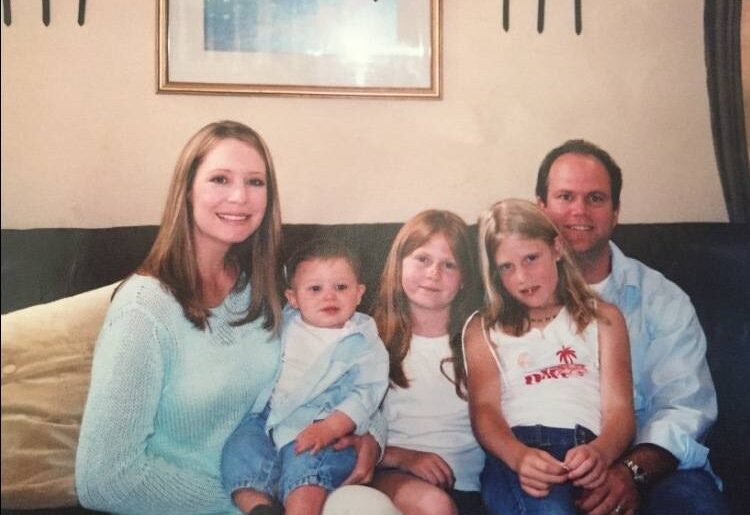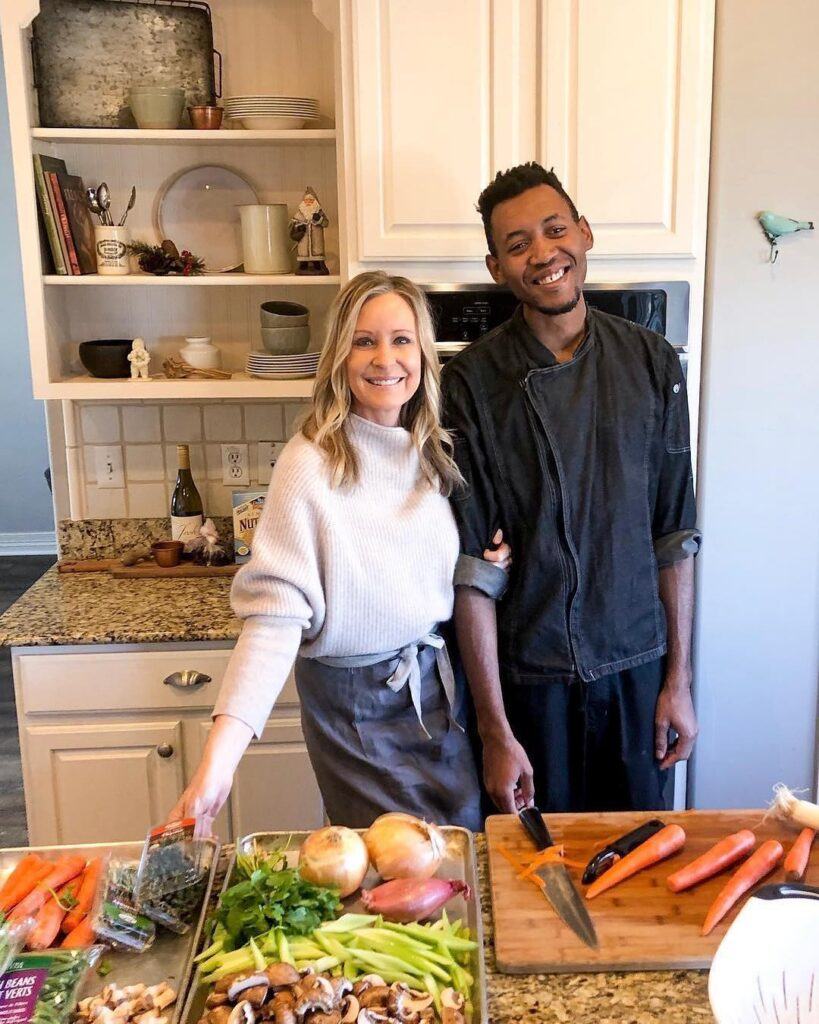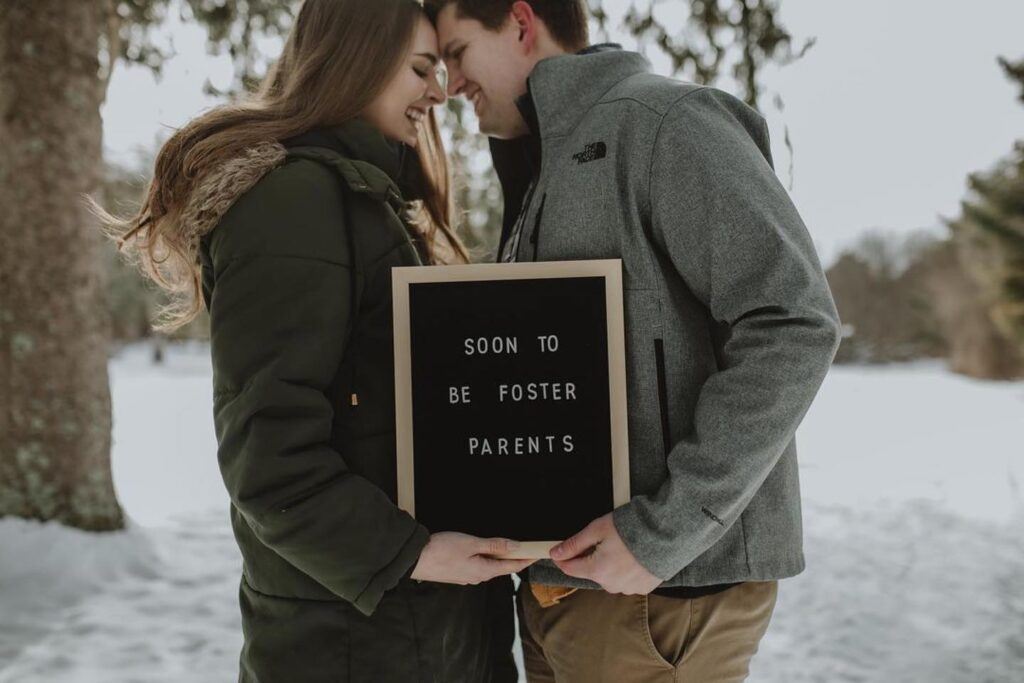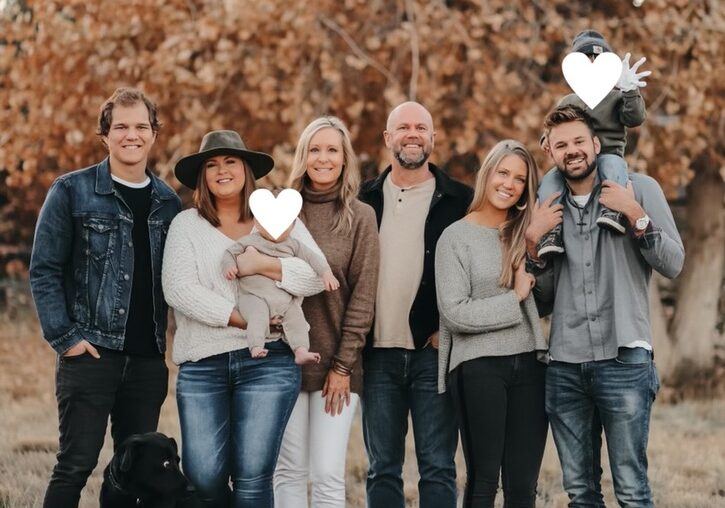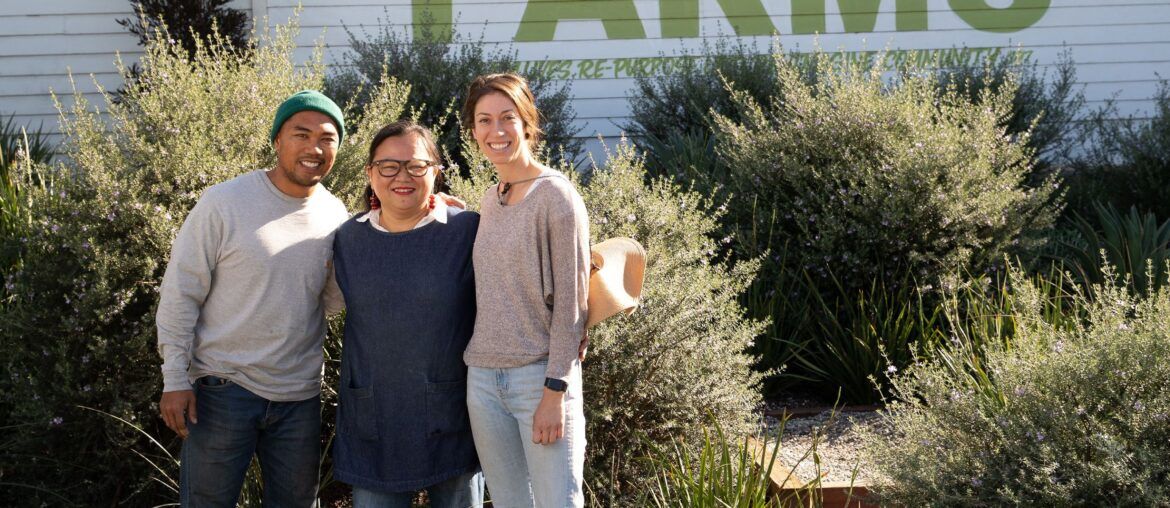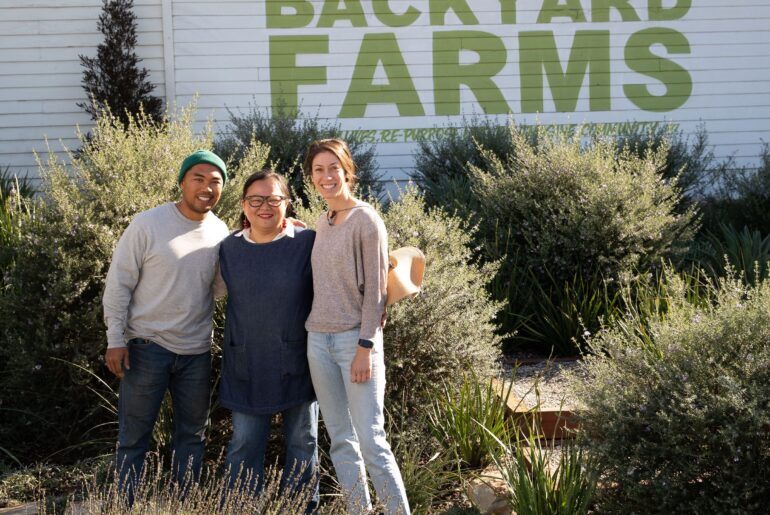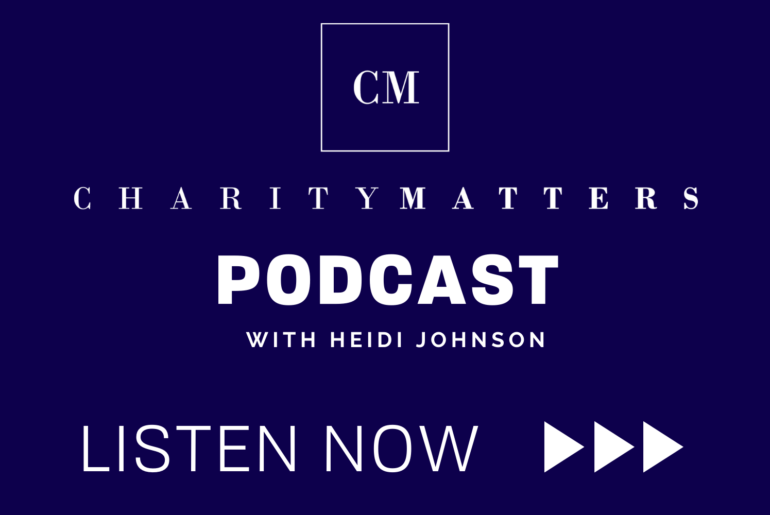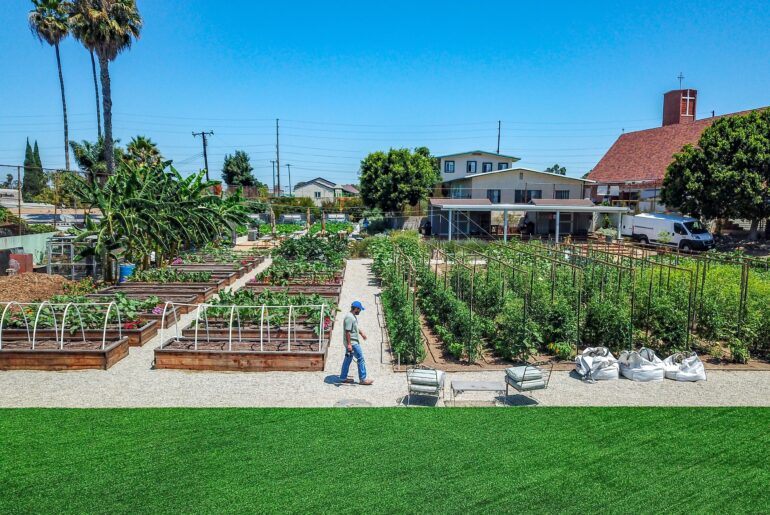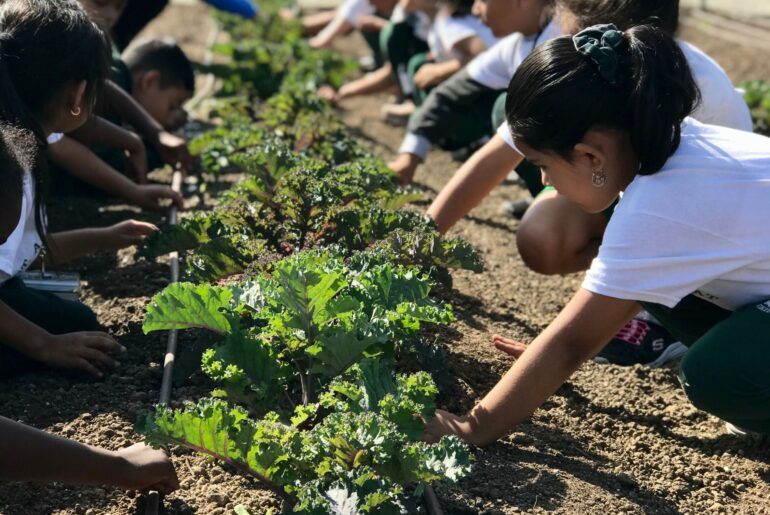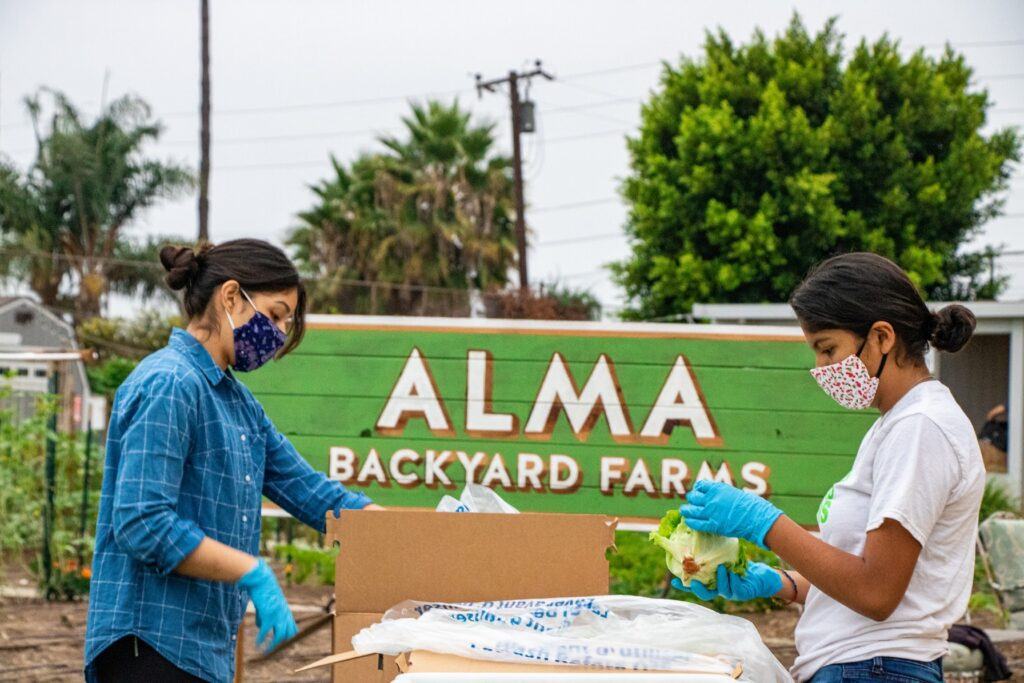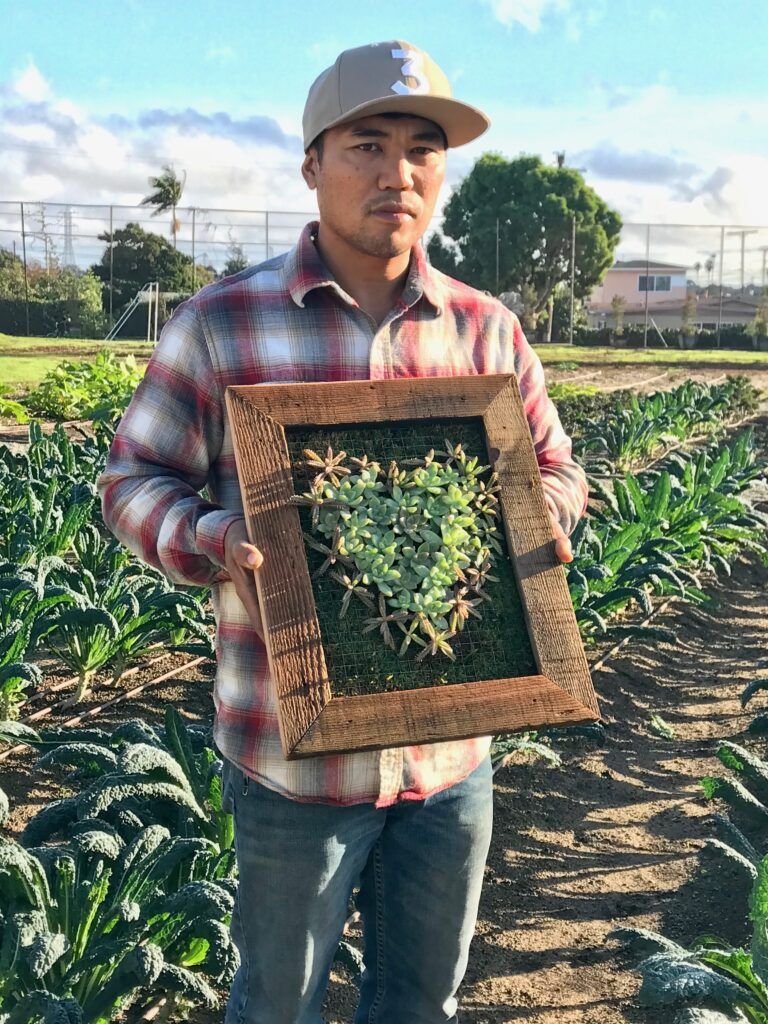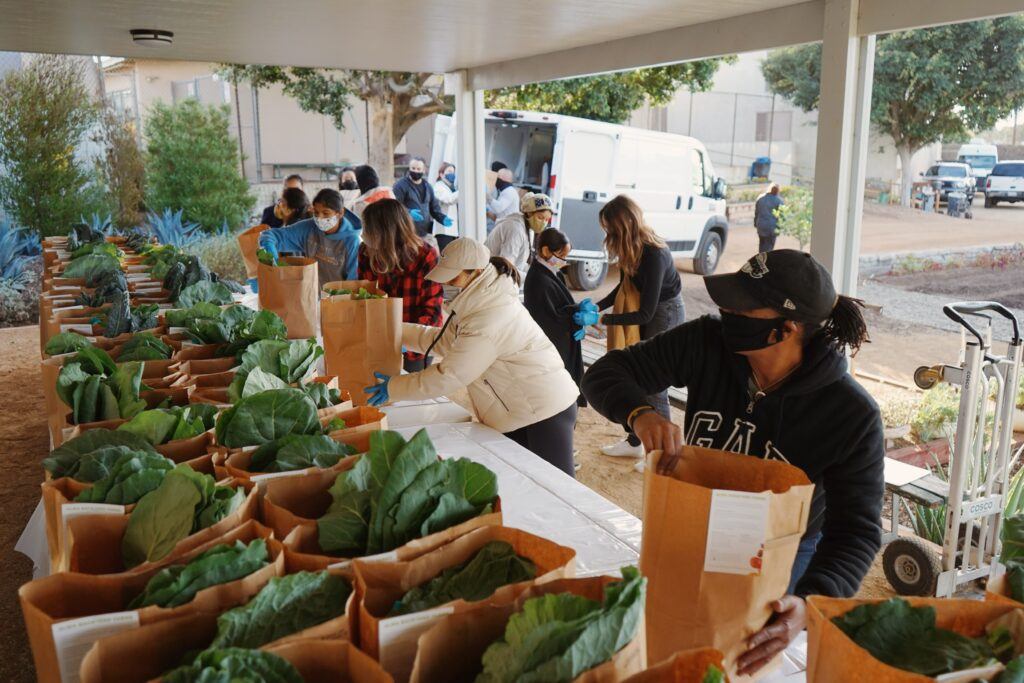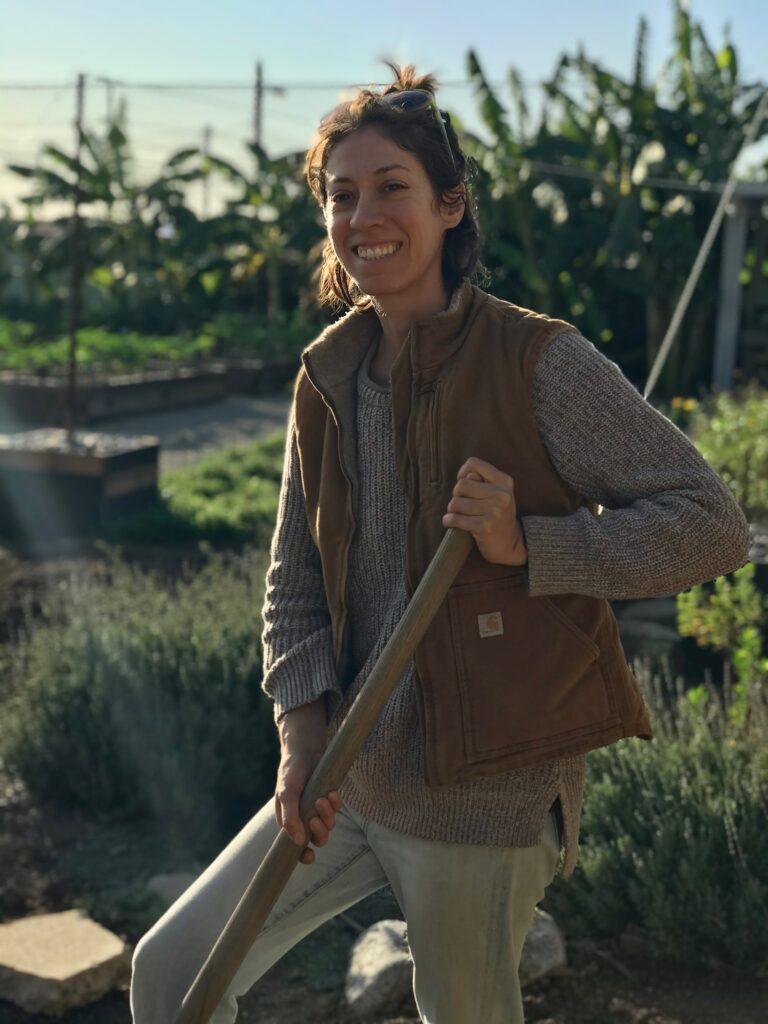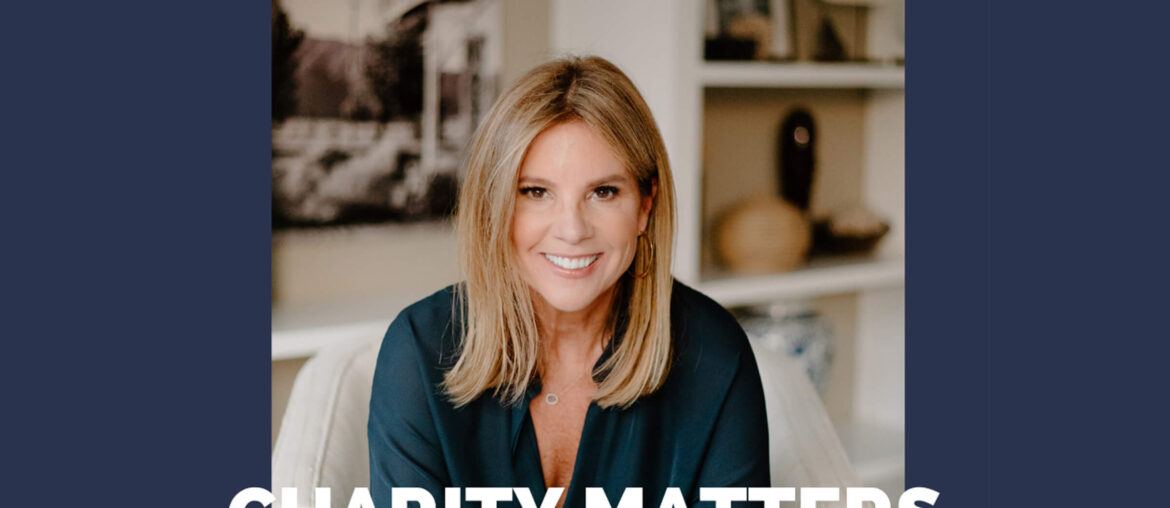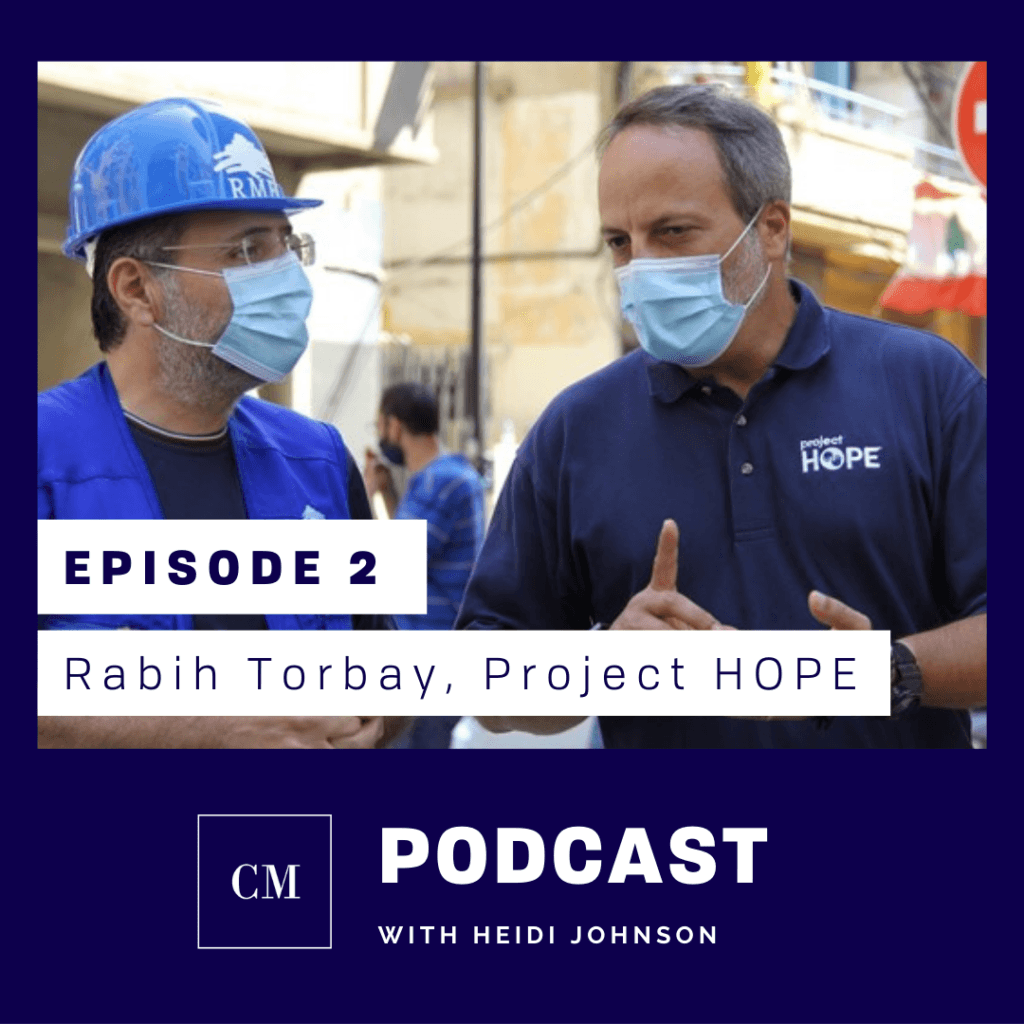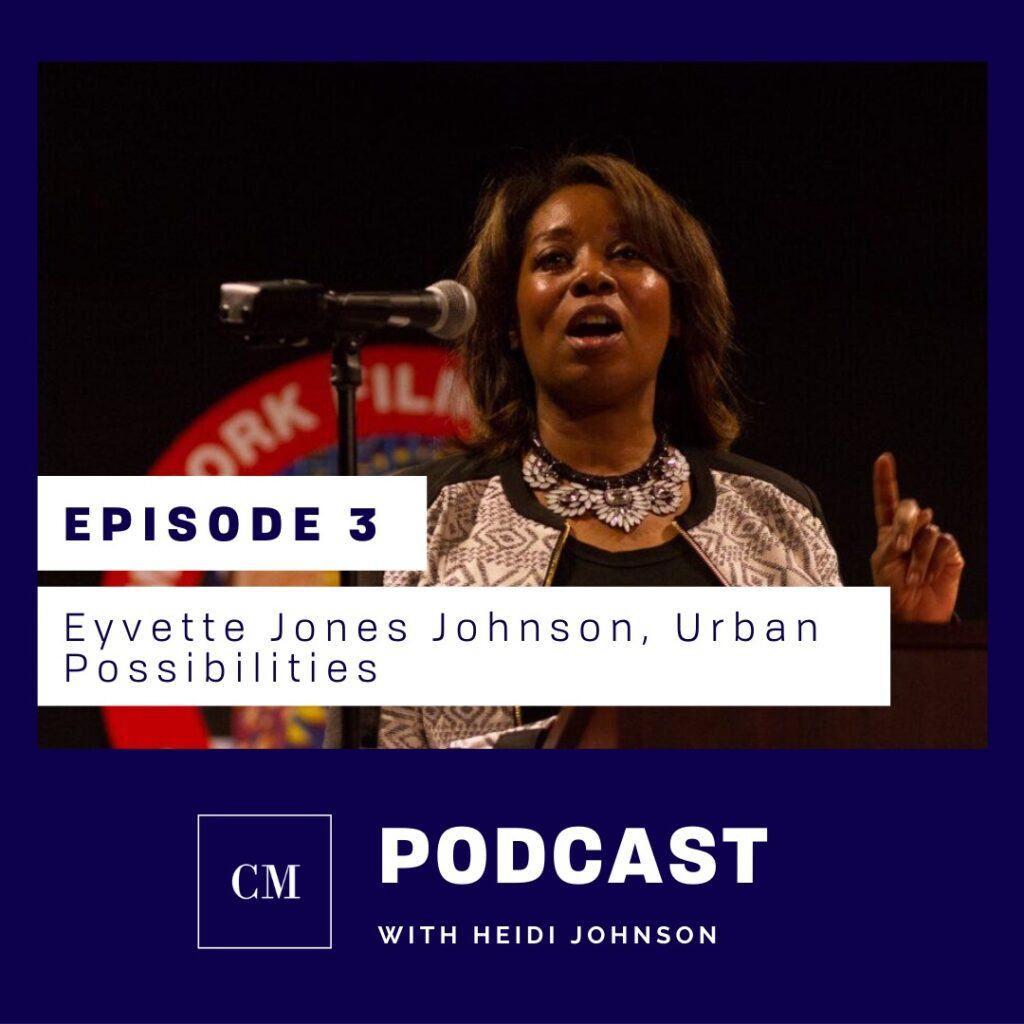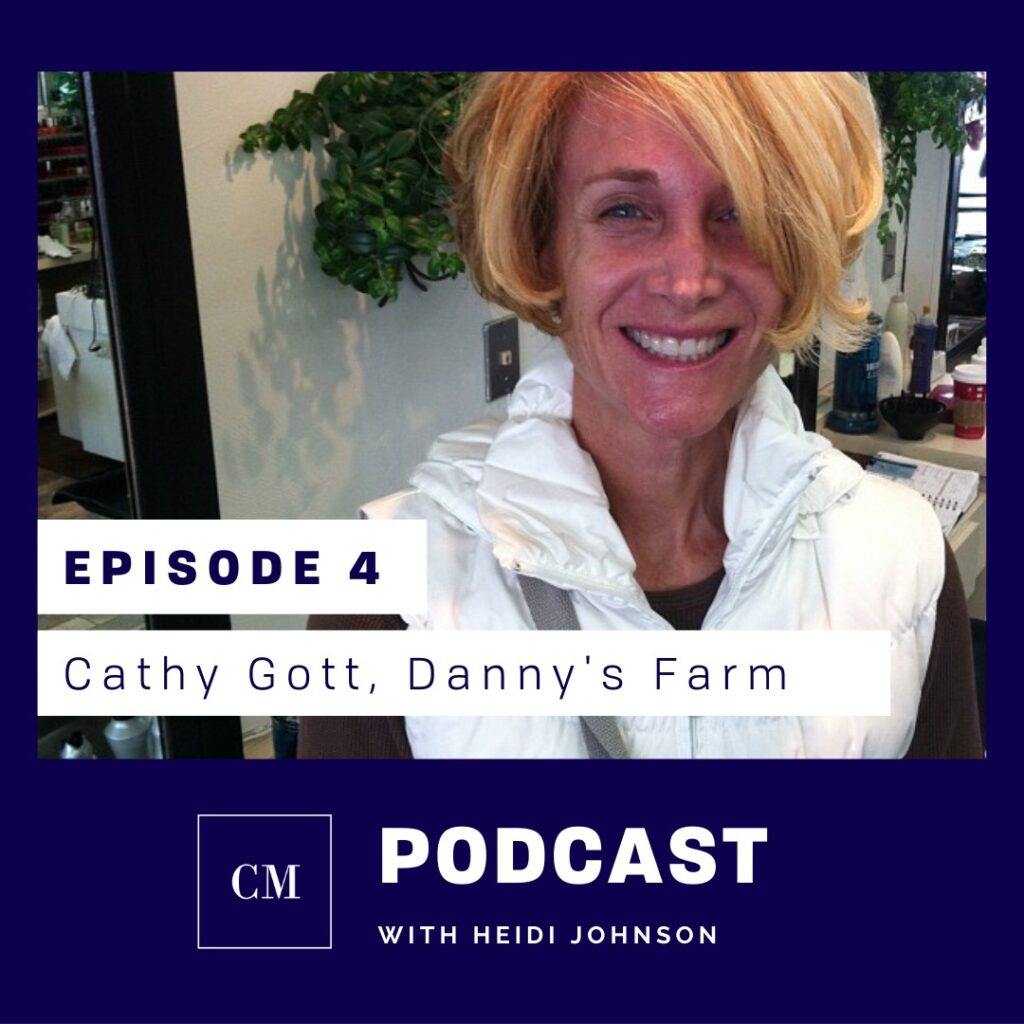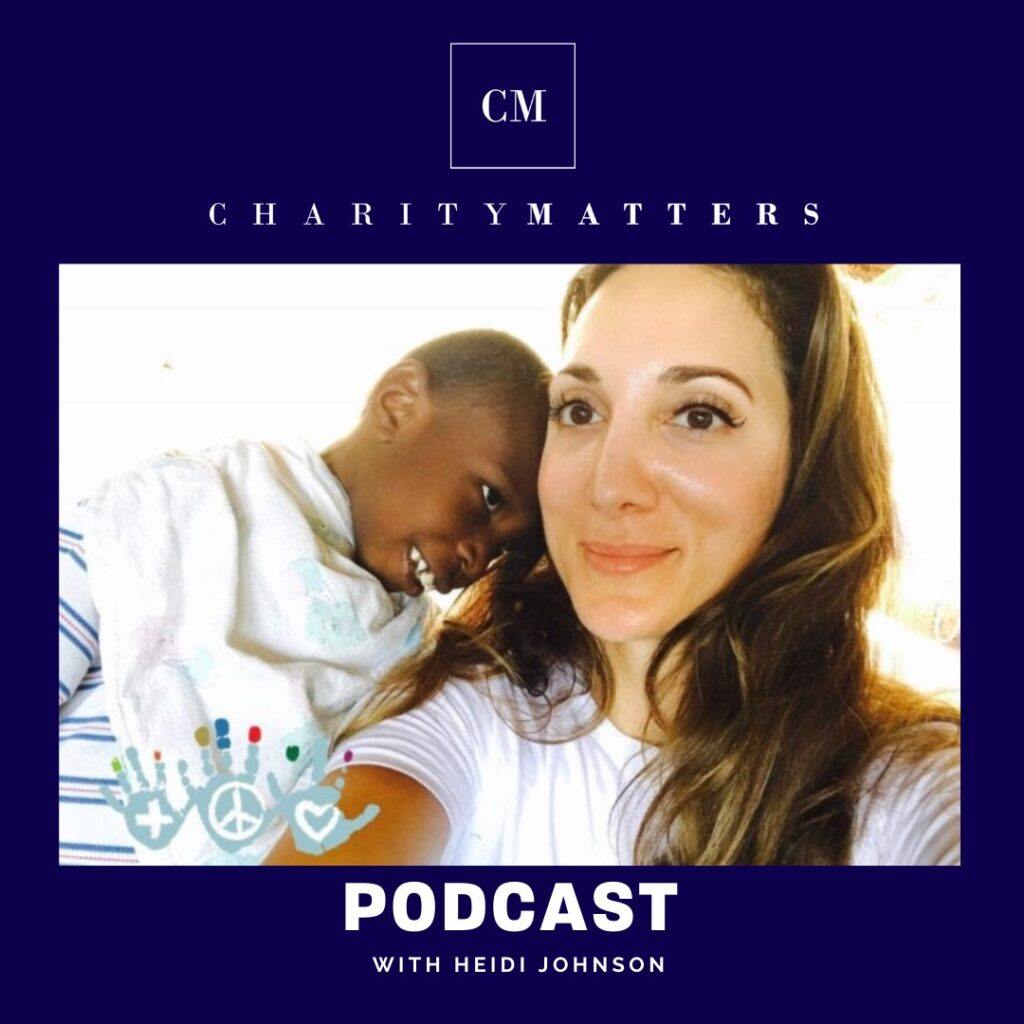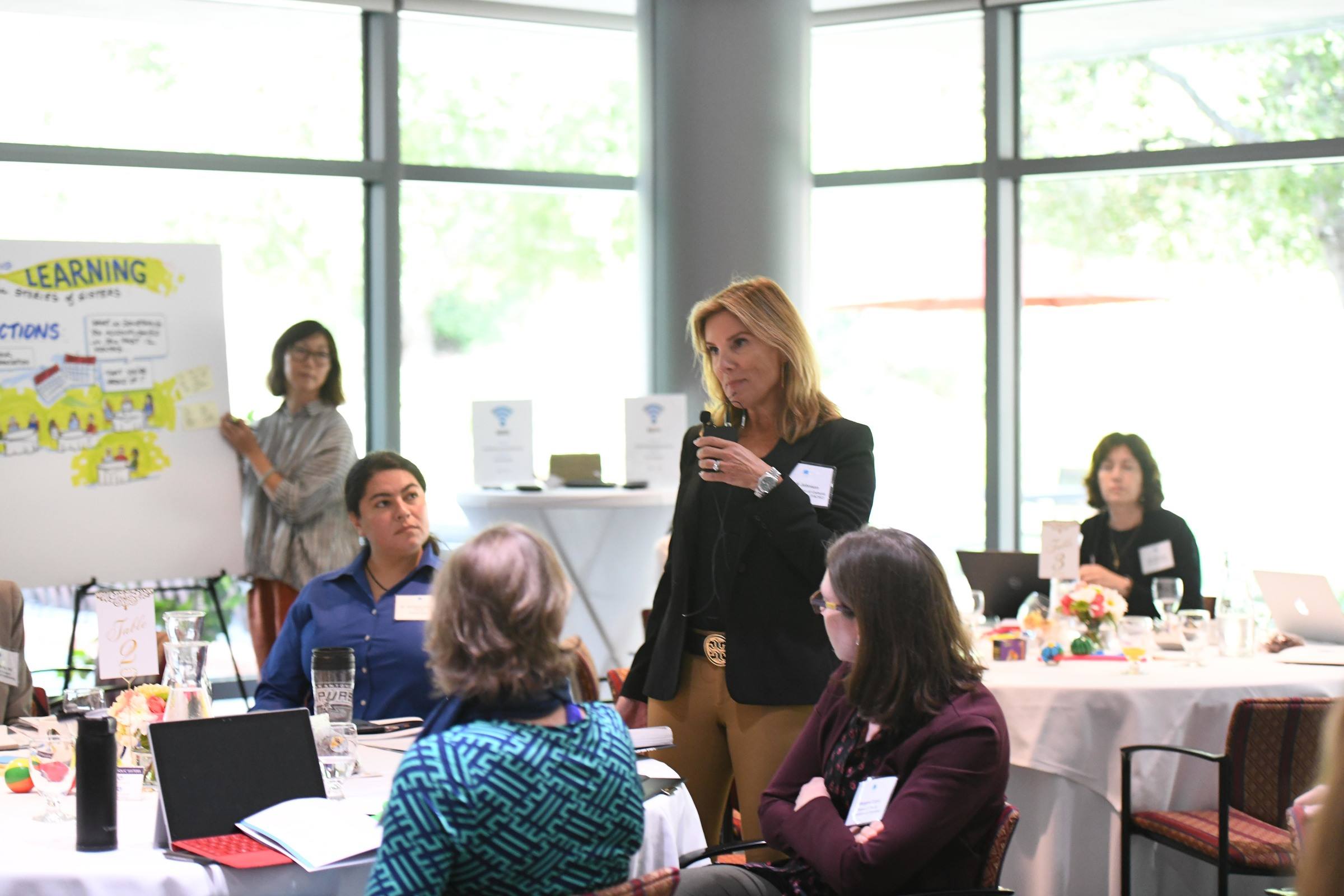
Some of my earliest memories were the stories my parents told me. My father is Irish and loves to tell a good story. While my mother loved to tell stories of our family’s history and read to us as children. I could never get enough. It wasn’t until years later when I realized that my gift of gab actually was also a gift for storytelling. For the past decade, I have been telling stories to you each week about remarkable humans here at Charity Matters.
So when Professor Biel reached out to me from USC Marshall School and asked me if I would talk to her class about storytelling and nonprofits, I was really excited. I love going back to my alma mater and more than that I love telling stories. Today, rather than a podcast I thought I would share a little about what I shared with the class this past week.
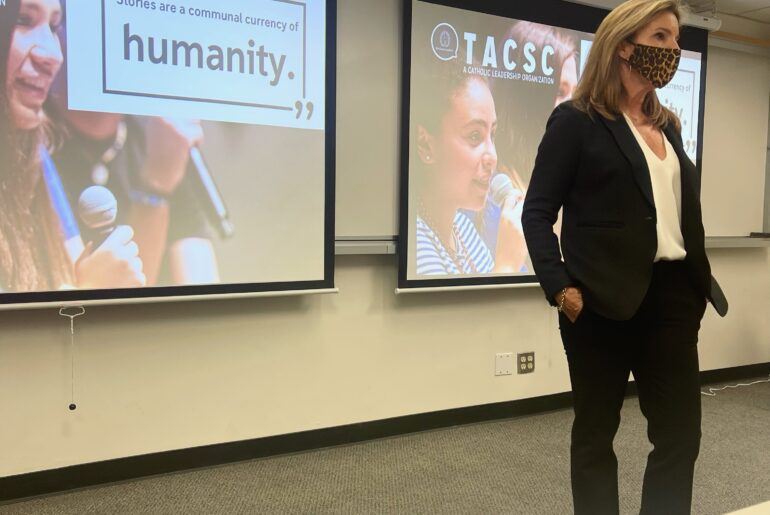
There’s an old American Indian Proverb that says, “Those who tell the stories rule the world”.
I’m excited to talk about the power of storytelling and how we use stories to learn, to connect, and to build relationships and ultimately businesses/nonprofits specifically. If you think about it, one of the first things we learn as children is stories. Our parents read us stories and we watched Disney stories in movies. Stories are part of who we are and where we came from. There is a story in all of us.
The best stories are true, they have a beginning, a middle usually with a conflict, and an ending we hope with a happy resolution.
So rather than introduce myself properly, I’d like to tell you a story….my story. the one that changed my life from having a career in the software business to becoming a nonprofit founder, a storyteller, and a person on a mission to make the world better one story at a time.
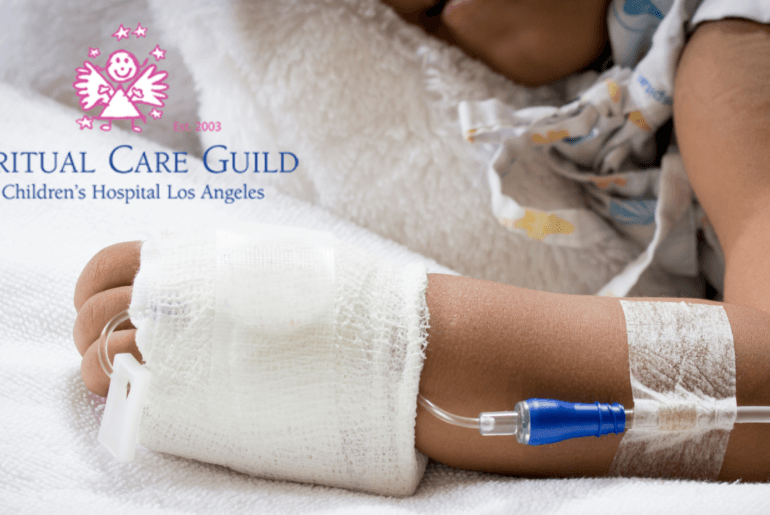
![]() Spiritual Care Guild
Spiritual Care Guild
We tell stories get volunteers, communicate our vision, connect a community, to raise money…because in the nonprofit world the product that we sell is humanity….and we don’t sell, we tell…stories. Stories of those we serve. The stories are the connective tissue for our organization. They are the threads that connect our quilt and in this case, the quilt is a nonprofit. To sell your vision you have to tell the story.
Neurologists have studied storytelling and there are three main things that happen to our brains when we hear stories like the one I just told you
- We remember, our neural activity increases fivefold
- Stories generate empathy, like the empathy we just had for the girl with her pink blanket because our brains generate more oxytocin, (OXY-TOE-SIN) which predicts how much empathy we have.
- Stories bring us together- we all collectively felt that compassion for that family, the empathy, which is why we watch movies on dates. We just all shared an experience and felt like we were in that room with the little girl.
After a few years of working with an incredible group of volunteers to launch the Spiritual Care Guild, I began to wonder who were these other people who started nonprofits and why? What was their story? At the time there wasn’t People Magazine Heroes Among Us or CNN Heroes or Upworthy…I realized there were 1.5 million nonprofits in the US and I wanted to know who started them and why? So I decided to find these nonprofit founders and tell their stories.

![]() Charity Matters
Charity Matters
I realized that if I can help the helpers I could help the most people. My impact and my skills as a storyteller would do the most good. I also quickly realized that all of these nonprofit founders had the makings for a great story. They had a conflict; a struggle, an obstacle, and that they had overcome their adversity and used it to help others, the happy ending….which was the perfect recipe for great stories. Nonprofit founders wanted to tell the stories of their work and not necessarily their own which was often the most powerful story of all. I am still telling these stories and fascinated by them each week. These are my people, people who have given their lives to serve. They are true leaders.
This leads me to a key component of any business/nonprofit and that is leadership.
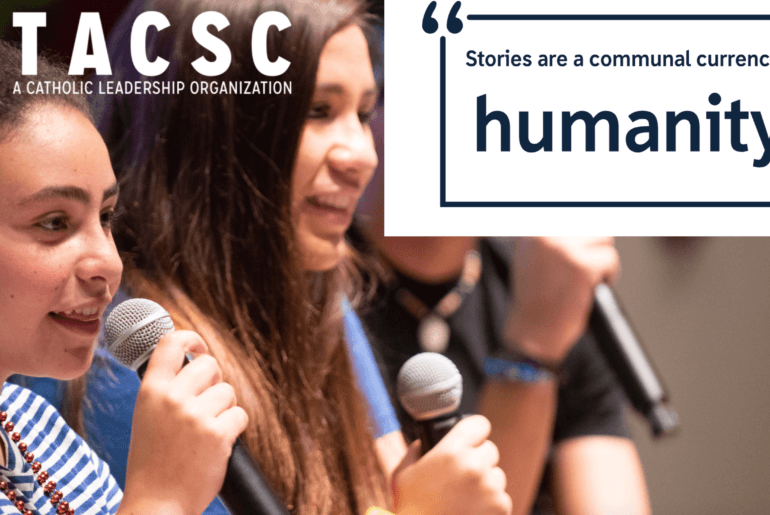
TACSC
In 2013, I took over a 32-year-old nonprofit in need of some updating. Their messaging and stories didn’t exist but what they did (and did well) teaching leadership did exist. So we started by defining the work TACSC does and sharing that message…in order to lead you to need to:
- Have a vision, a plan
- Be able to communicate that plan
- Be a lifelong mentor
- You can not lead unless you serve
We began with that message and went in search of stories from our alumni and then found stories from those students we were serving, what was their story? Those stories took TACSC from serving 300 children a year to 3,000 with only 2.5 employees. That is the power of a story and a message. Each of these stories built and rebuilt three brands. Two of which are nonprofits, Spiritual Care, Charity Matters, and TACSC. They all started with a vision, then a story to communicate that vision, each organization brings along mentors and all three based on serving others. Leadership and nonprofits follow the same path.
Remember the power that stories have to connect us, build relationships, and command the most influence in your community, nonprofit, or business. So if you do one thing with all of this …..think of what your story will be? How will you use your gifts to serve others?
Make your life a story worth telling!
CHARITY MATTERS.
YOUR REFERRAL IS THE GREATEST COMPLIMENT, IF YOU ARE SO MOVED OR INSPIRED, WE WOULD LOVE YOU TO SHARE AND INSPIRE ANOTHER.
Copyright © 2021 Charity Matters. This article may not be reproduced without explicit written permission; if you are not reading this in your newsreader, the site you are viewing is illegally infringing our copyright. We would be grateful if you contact us.

